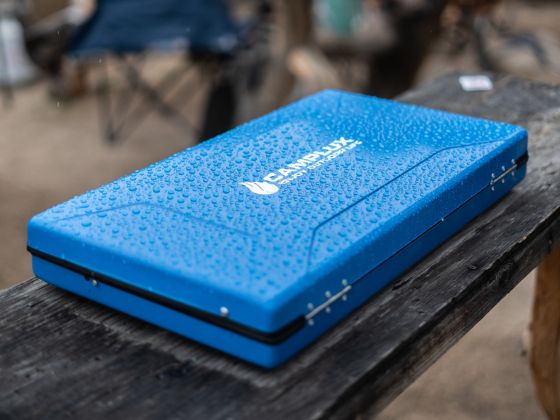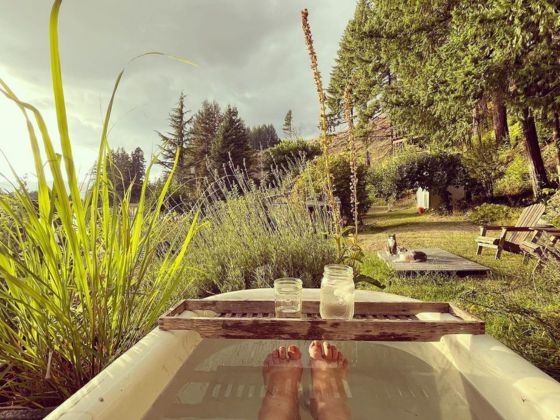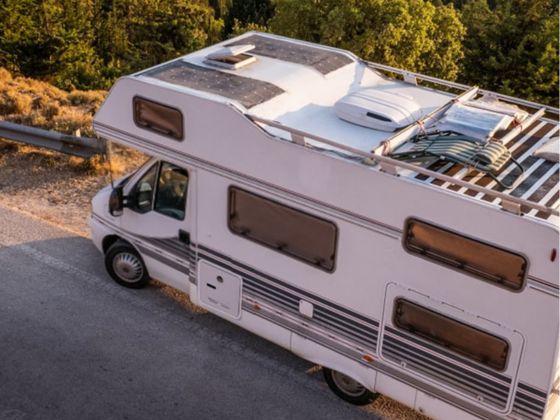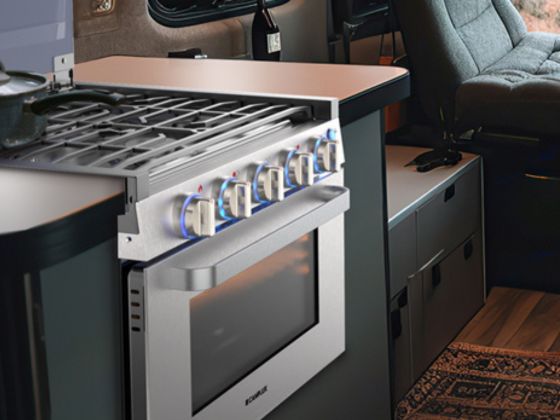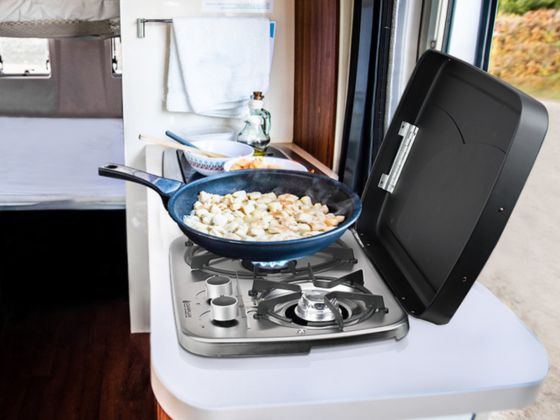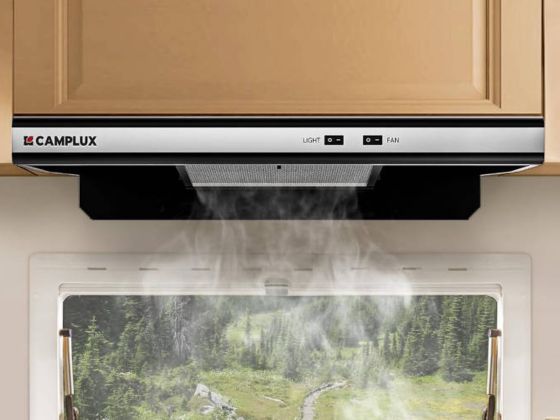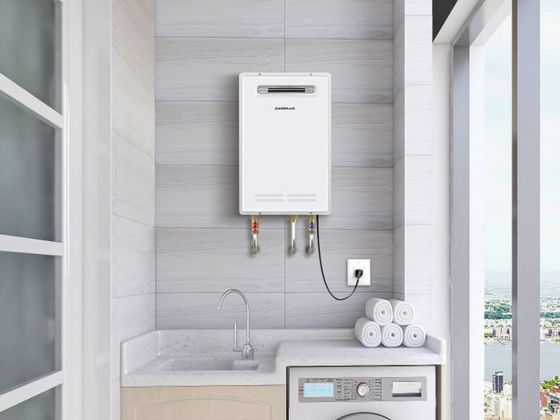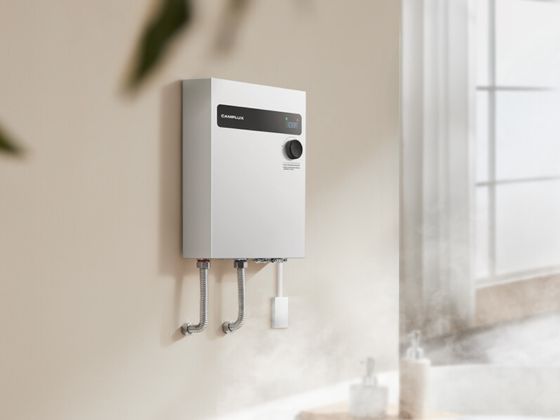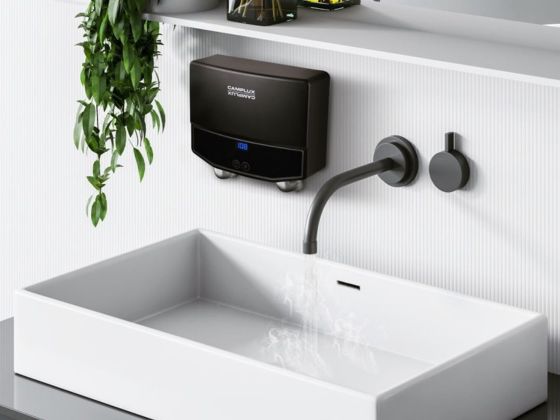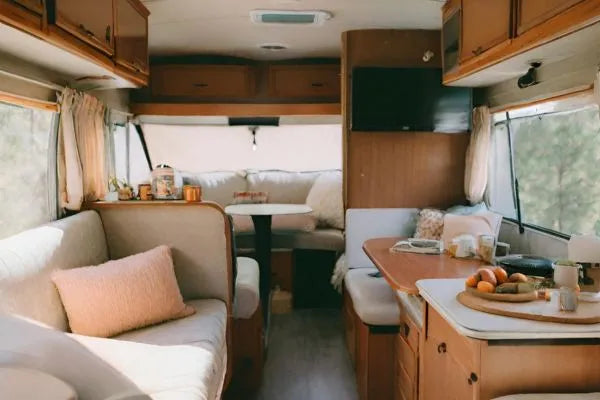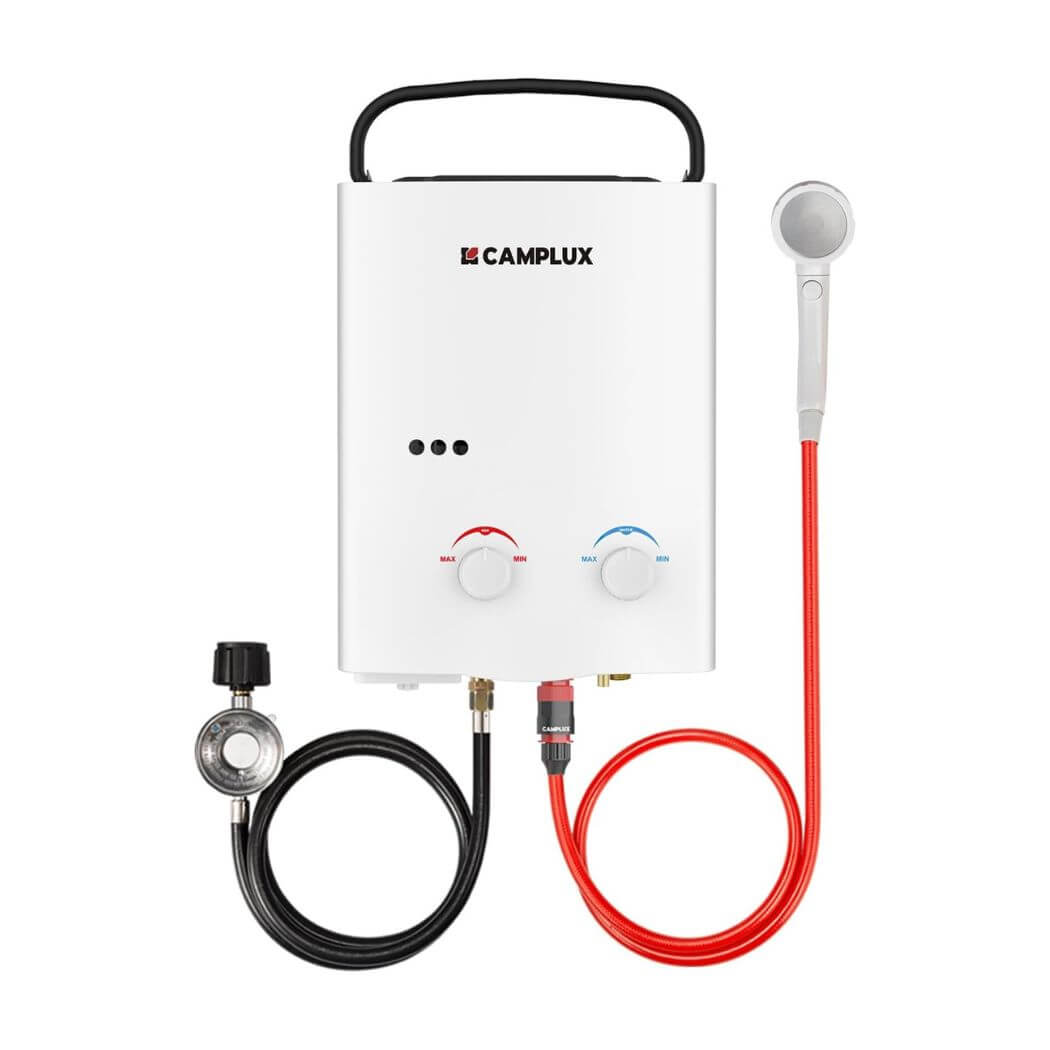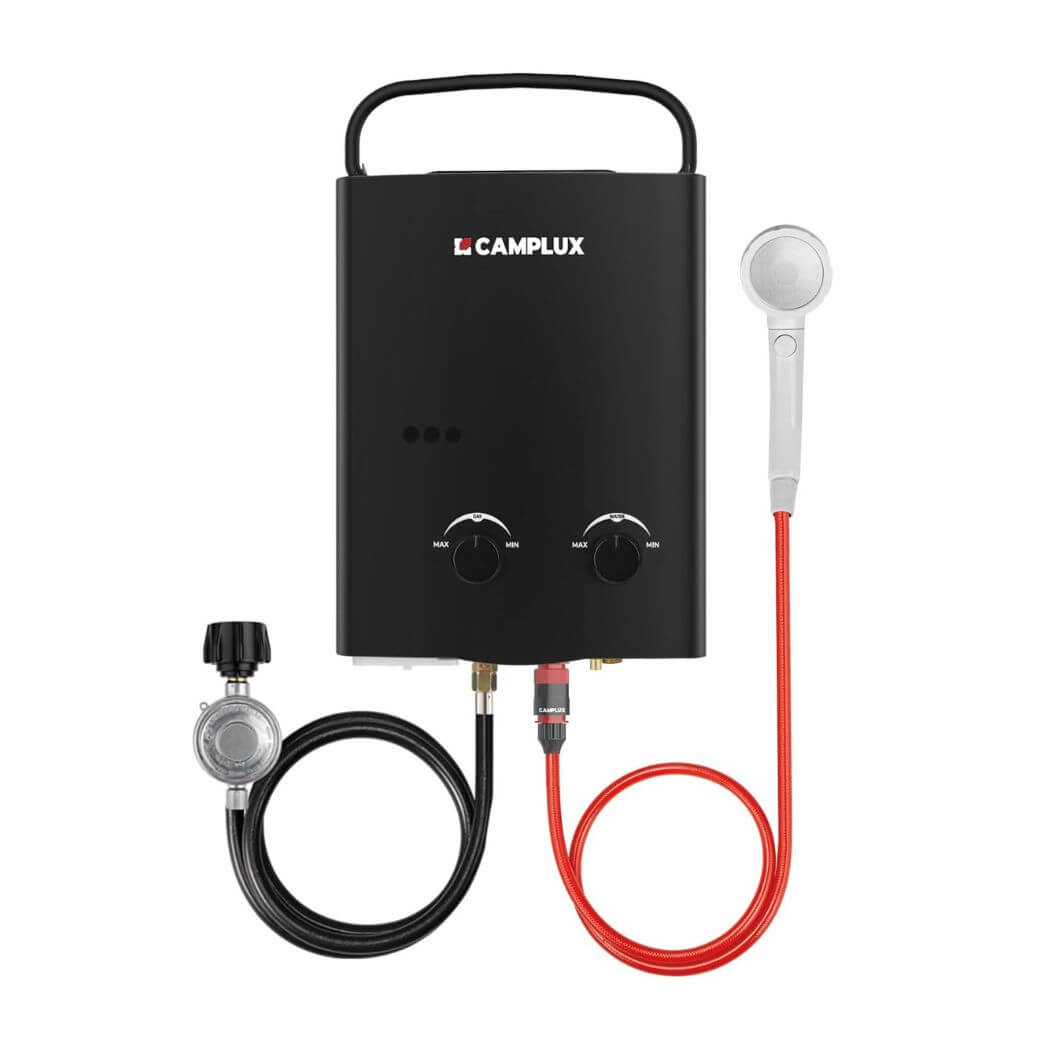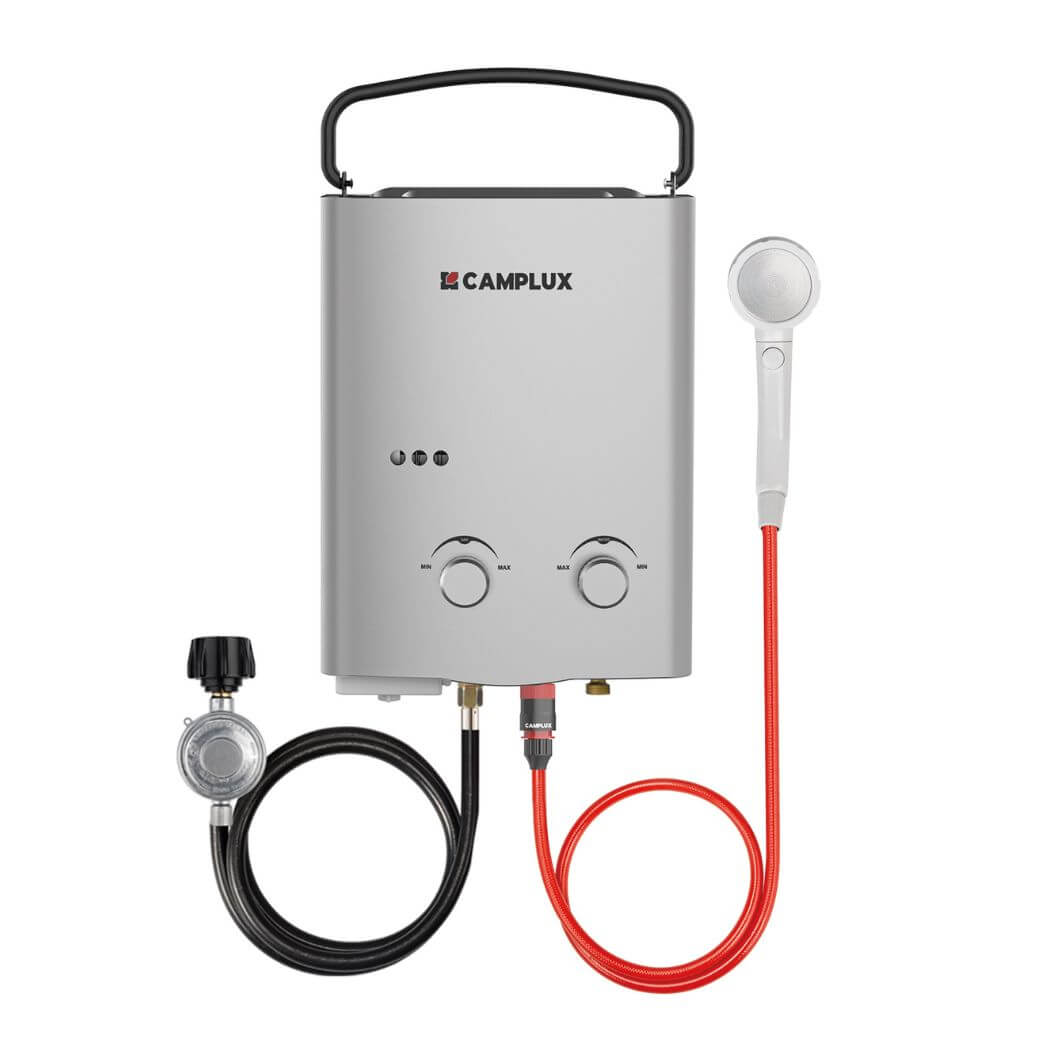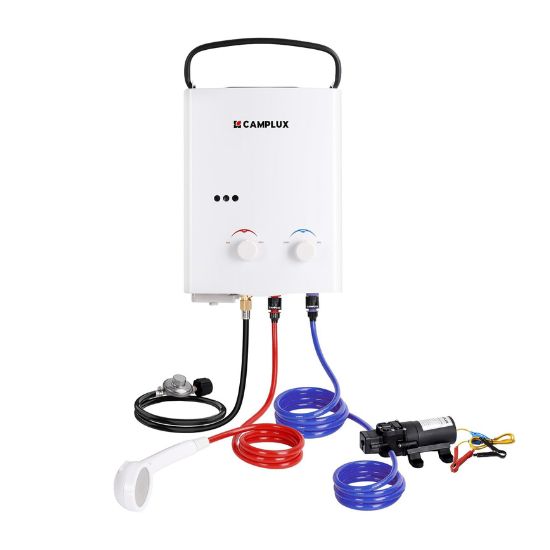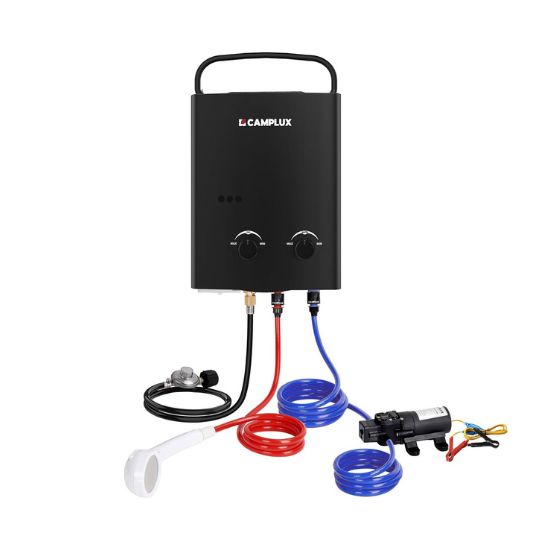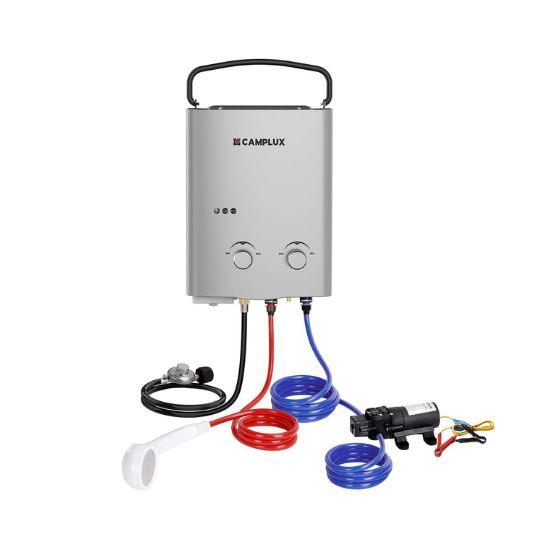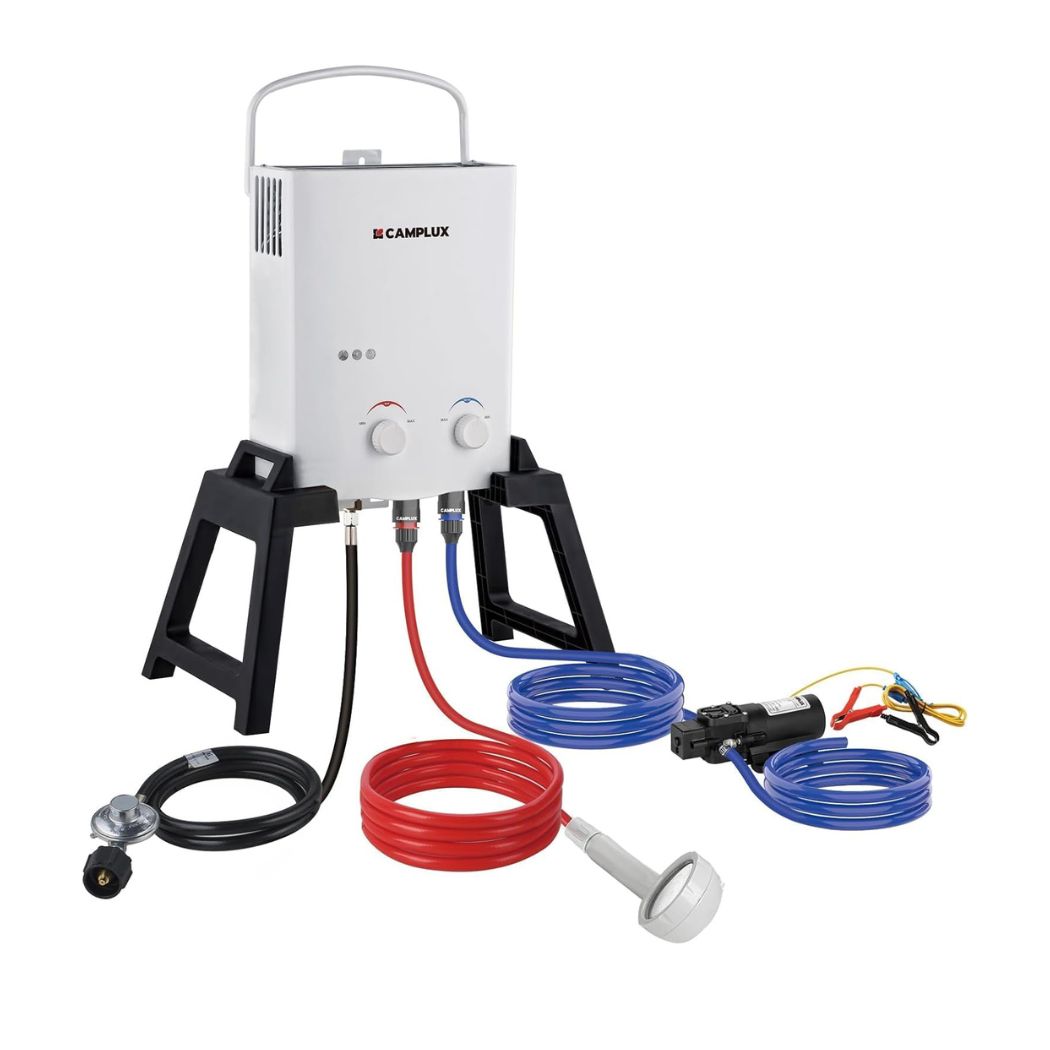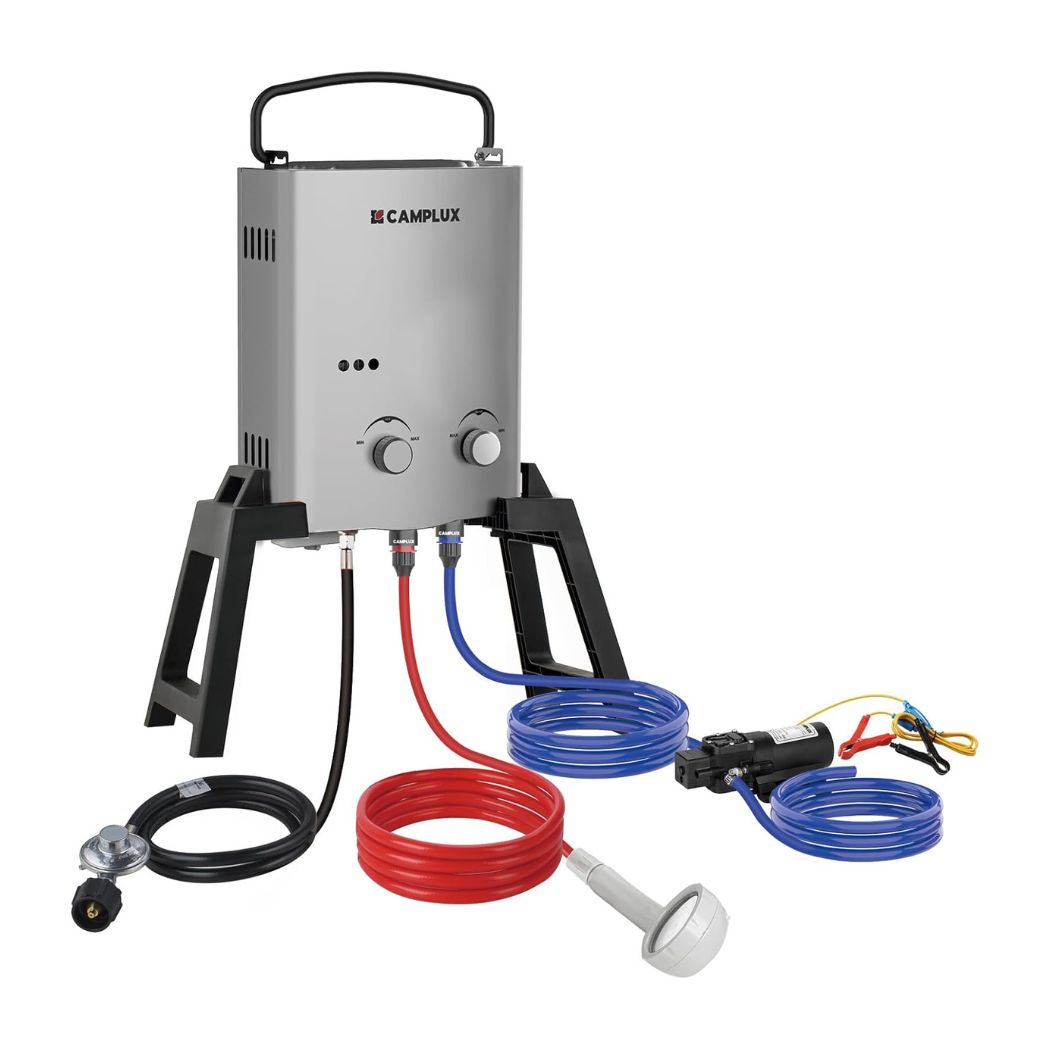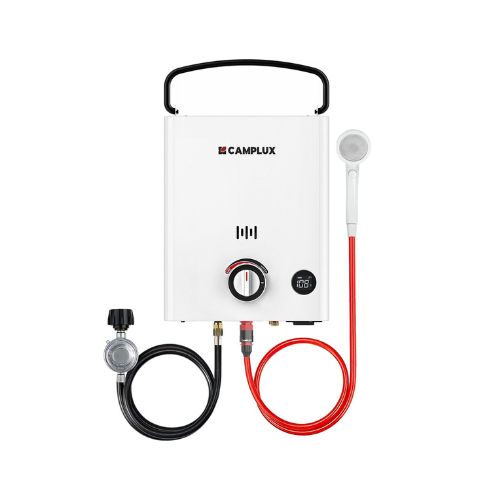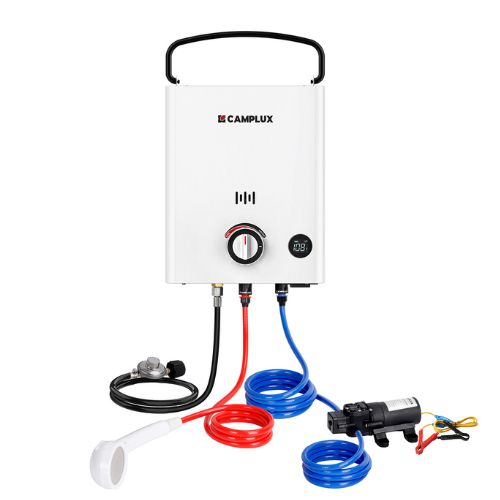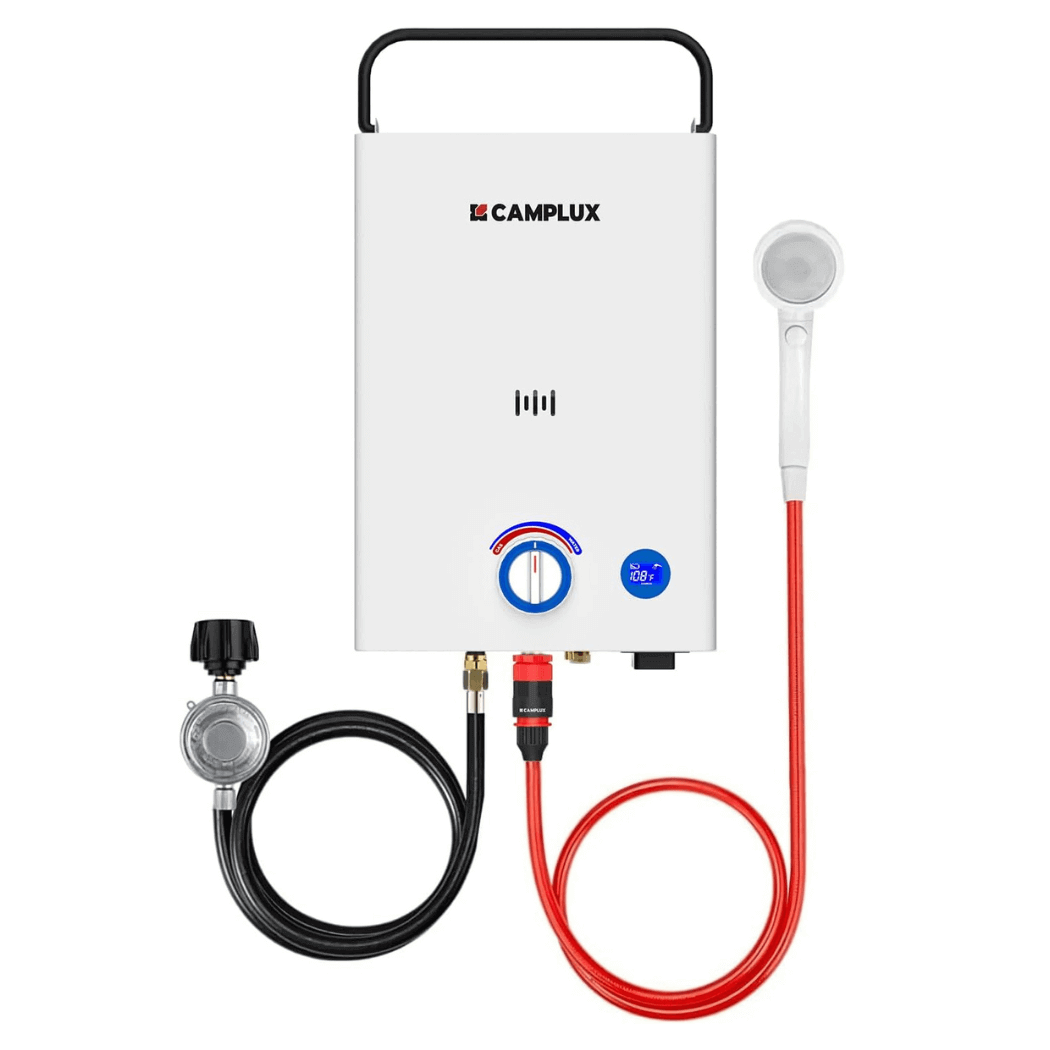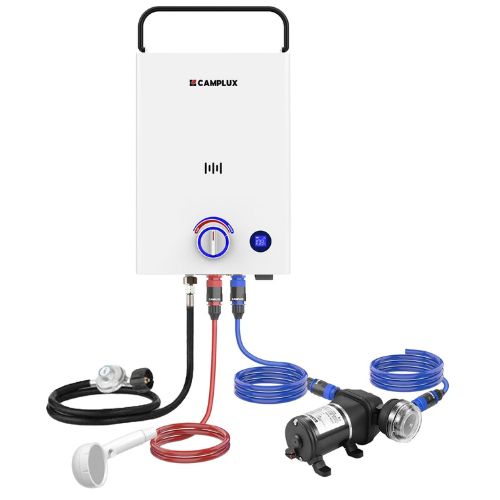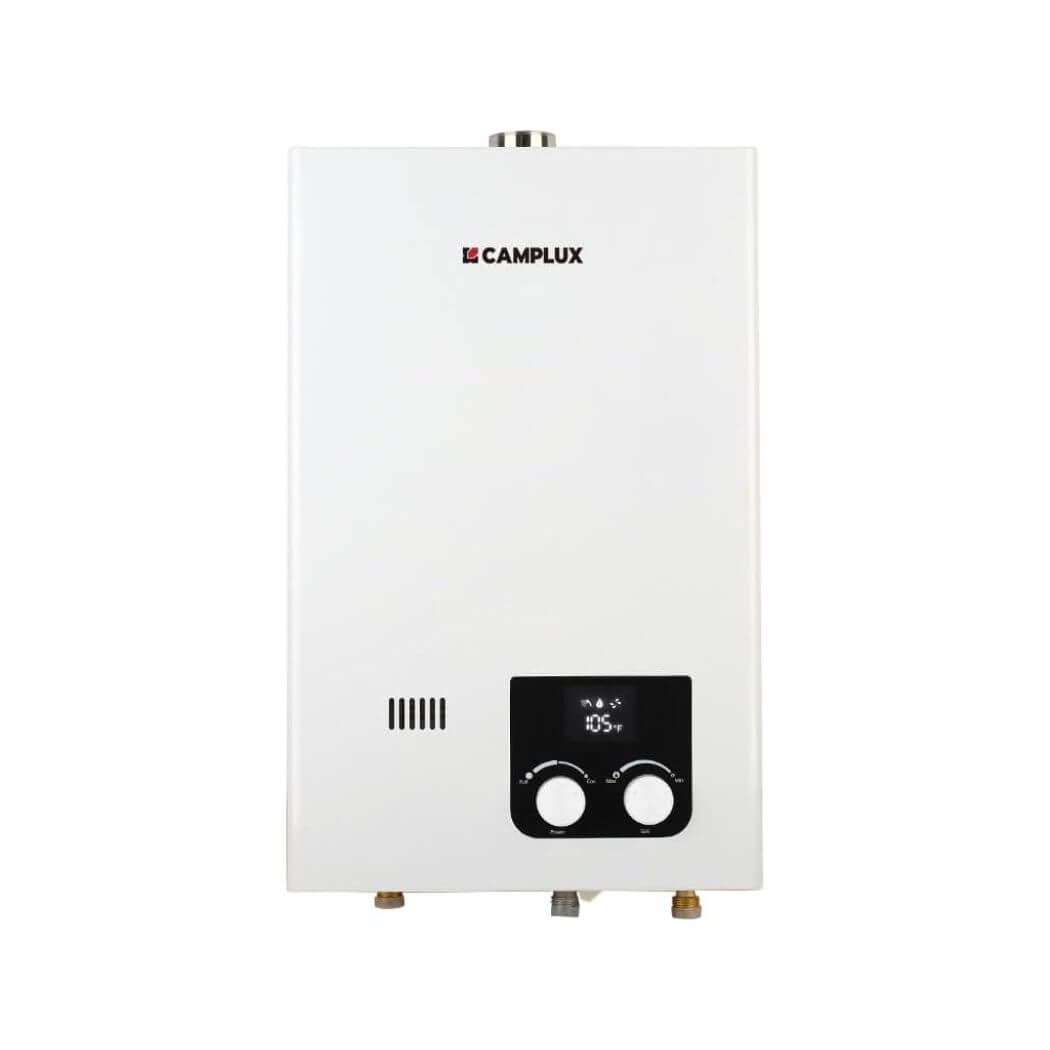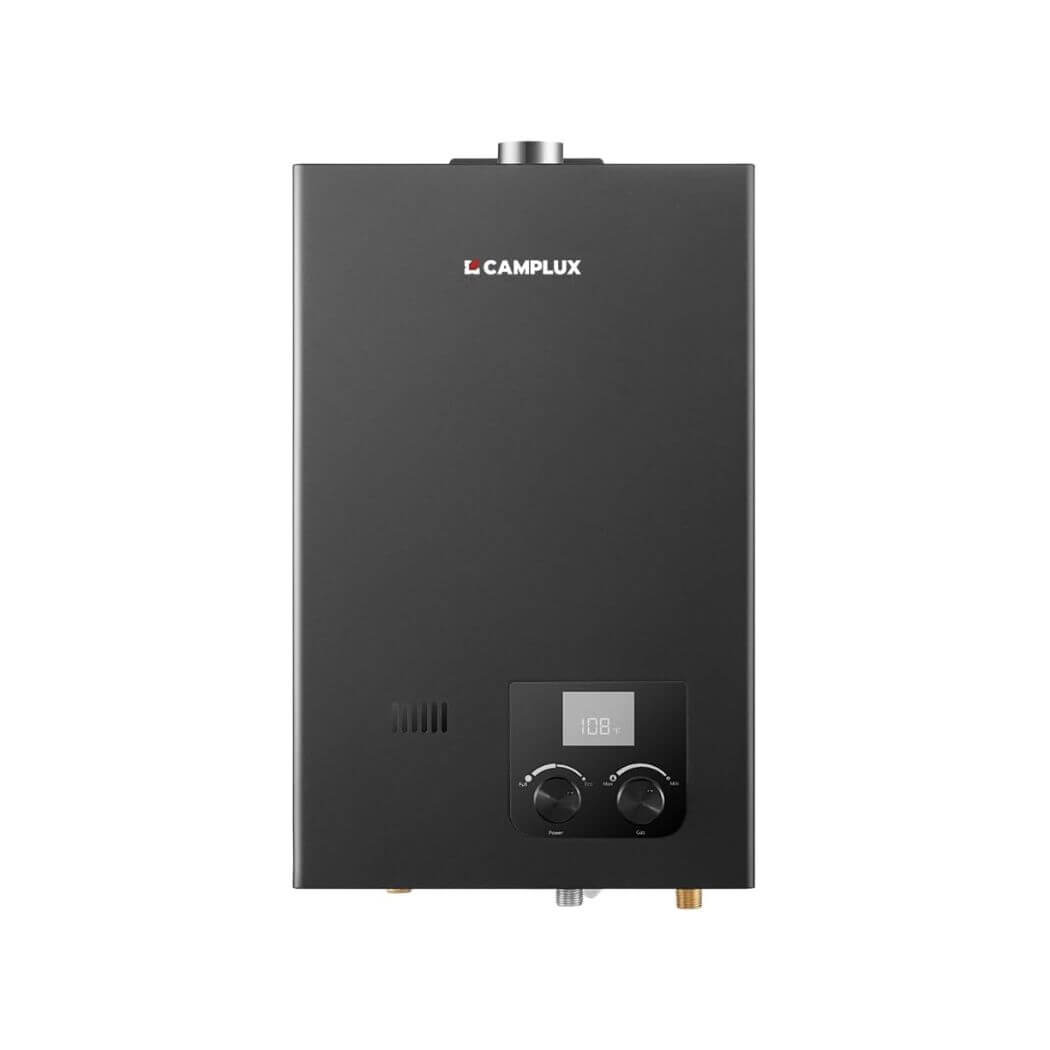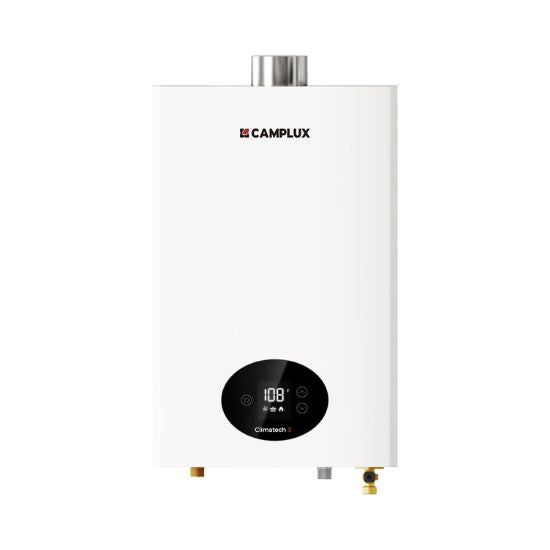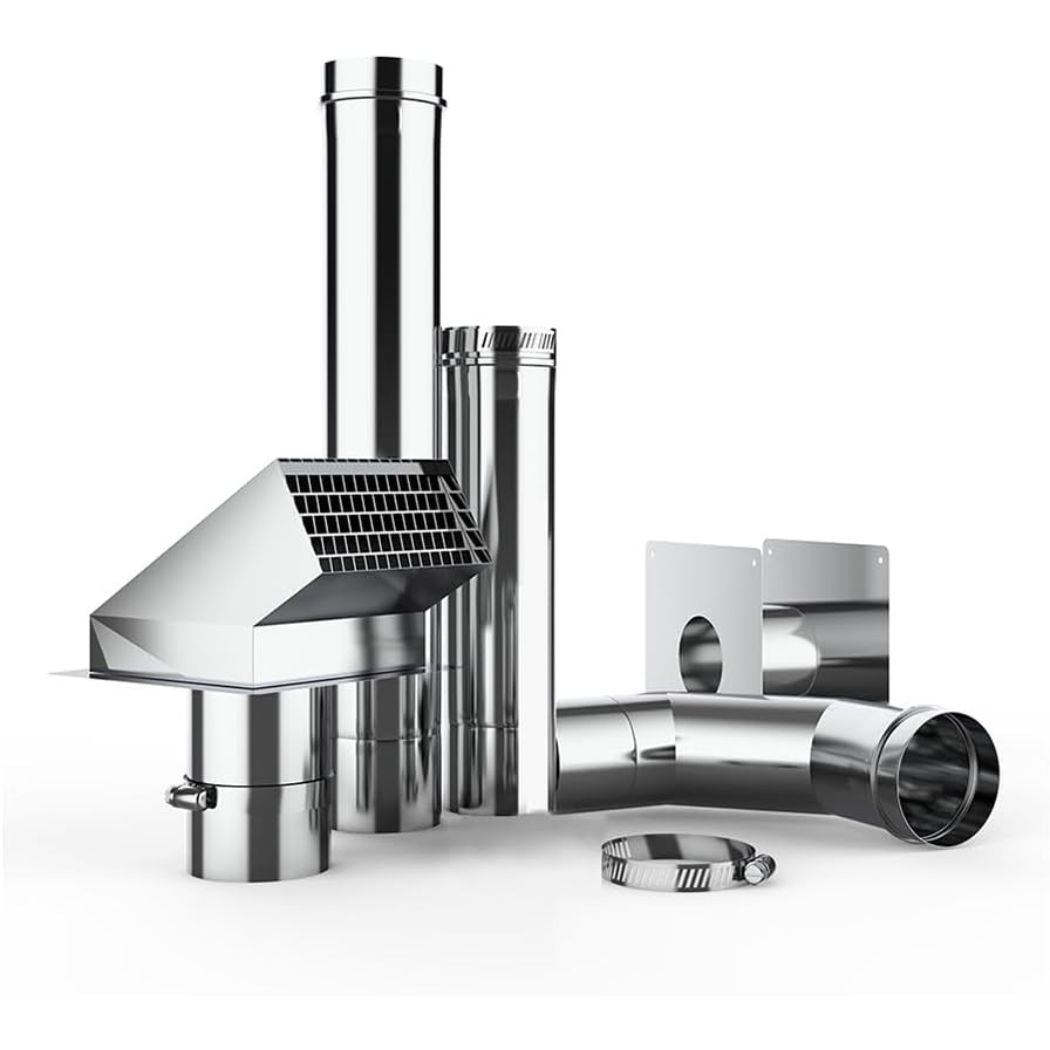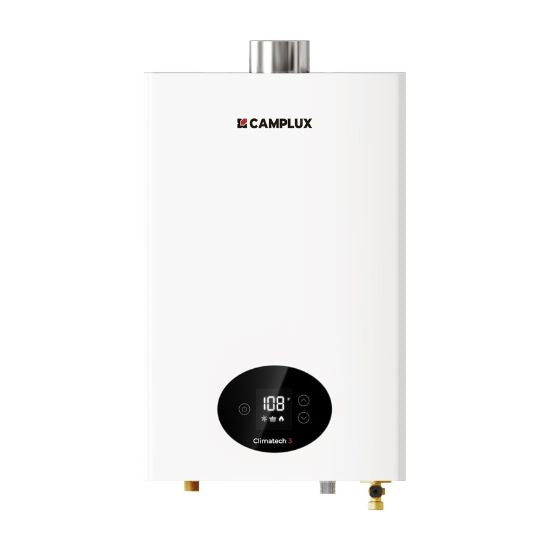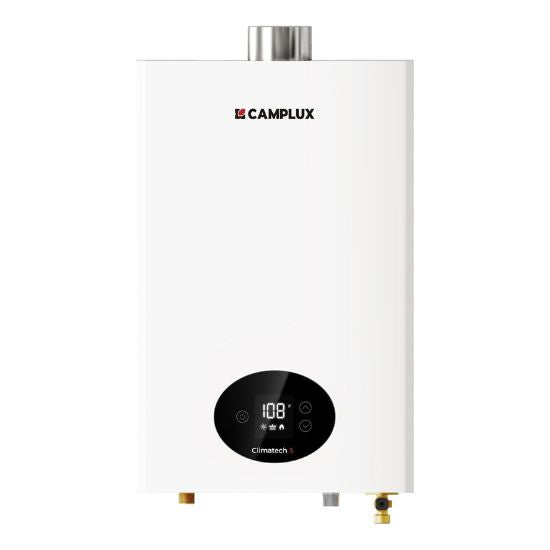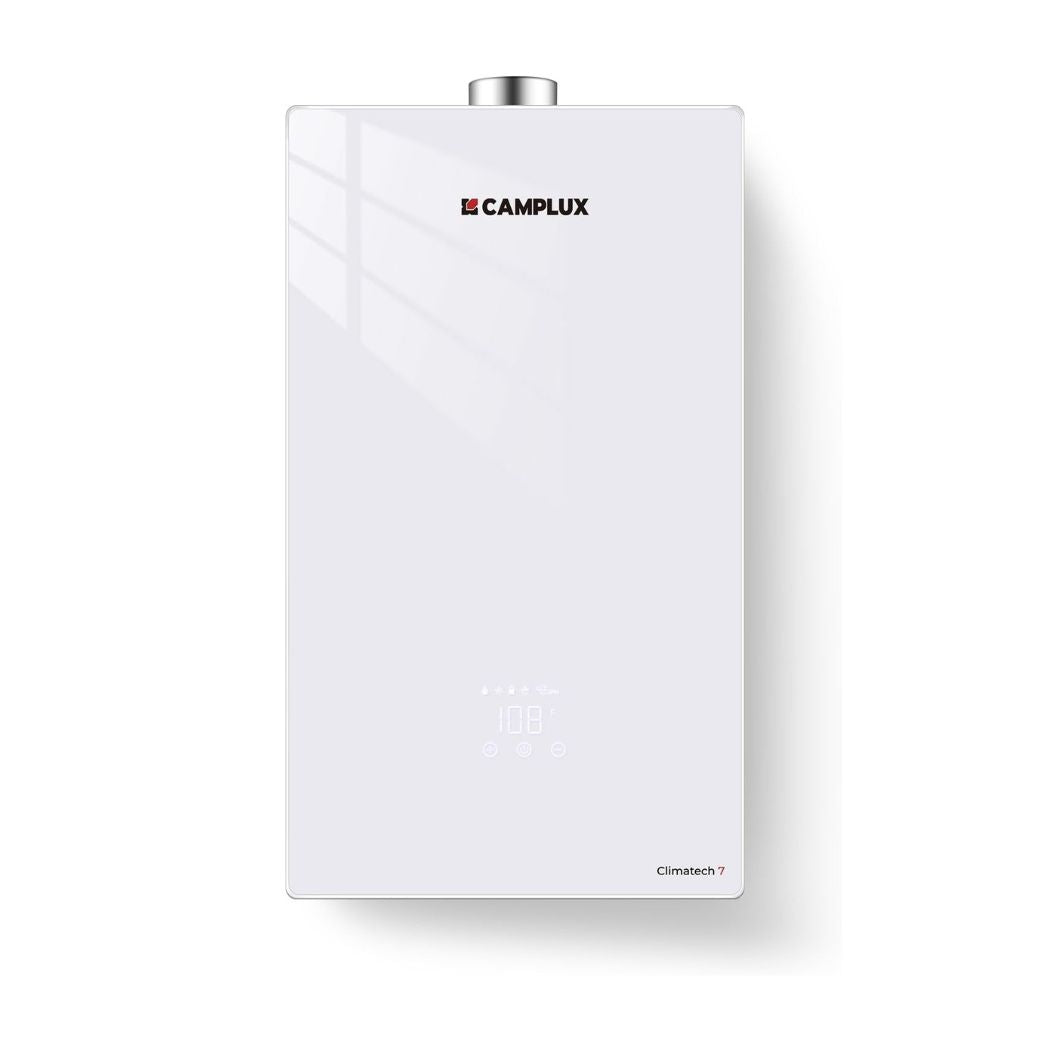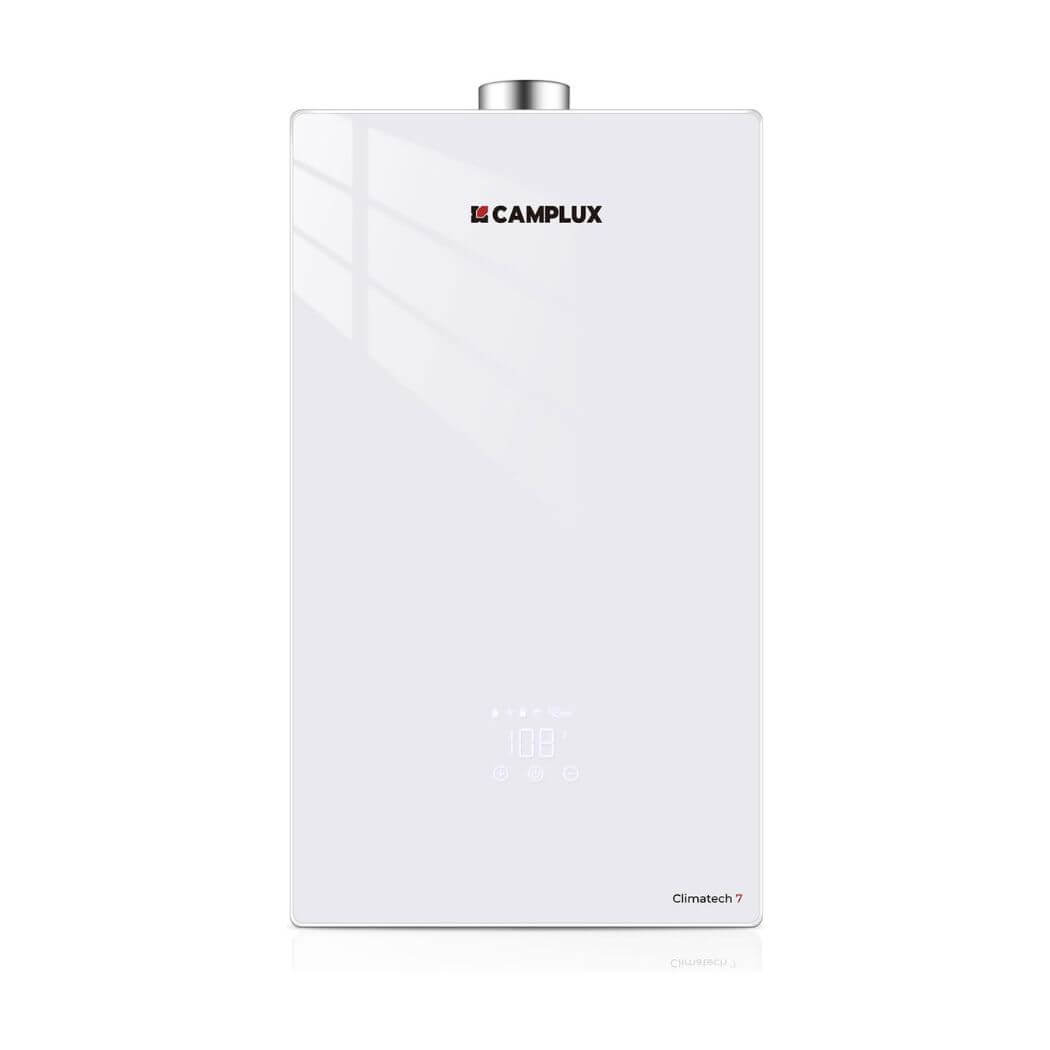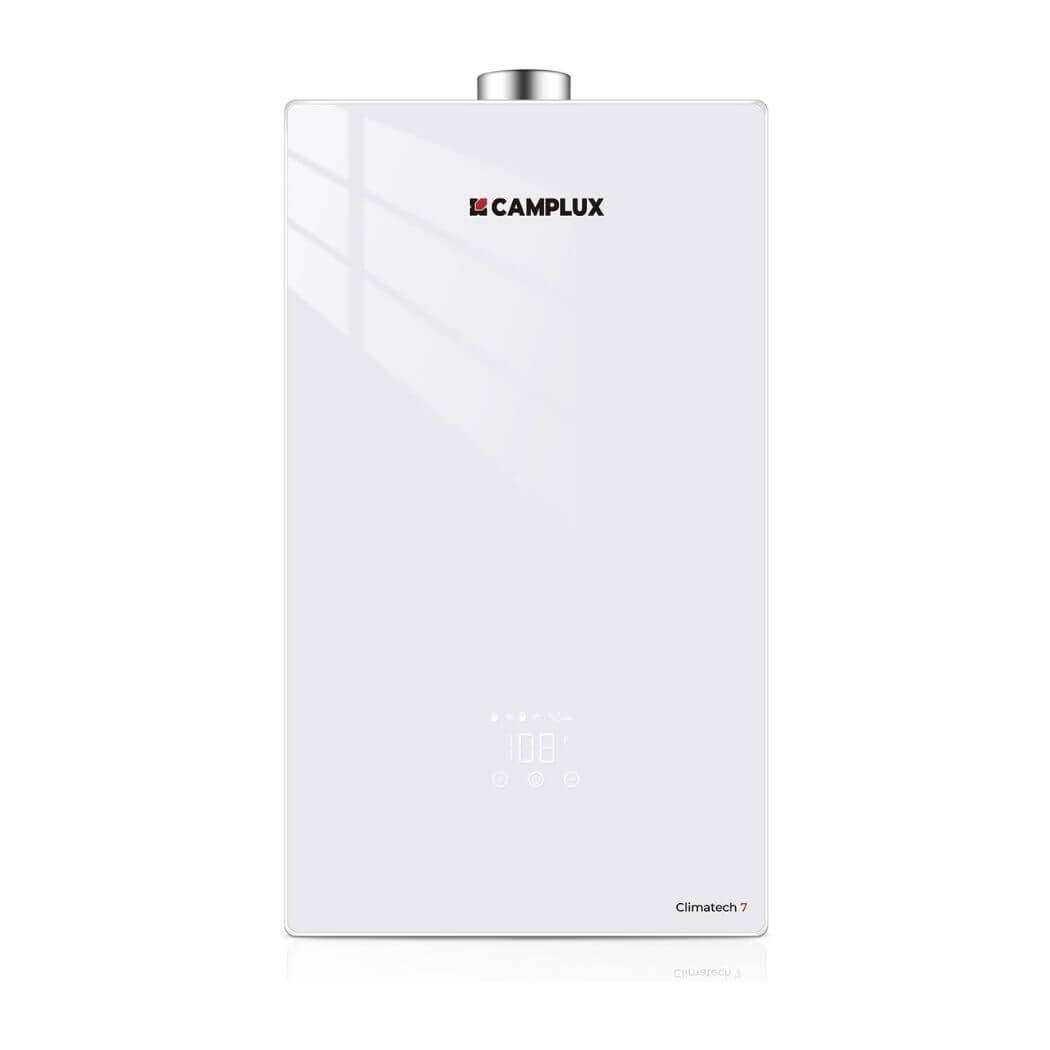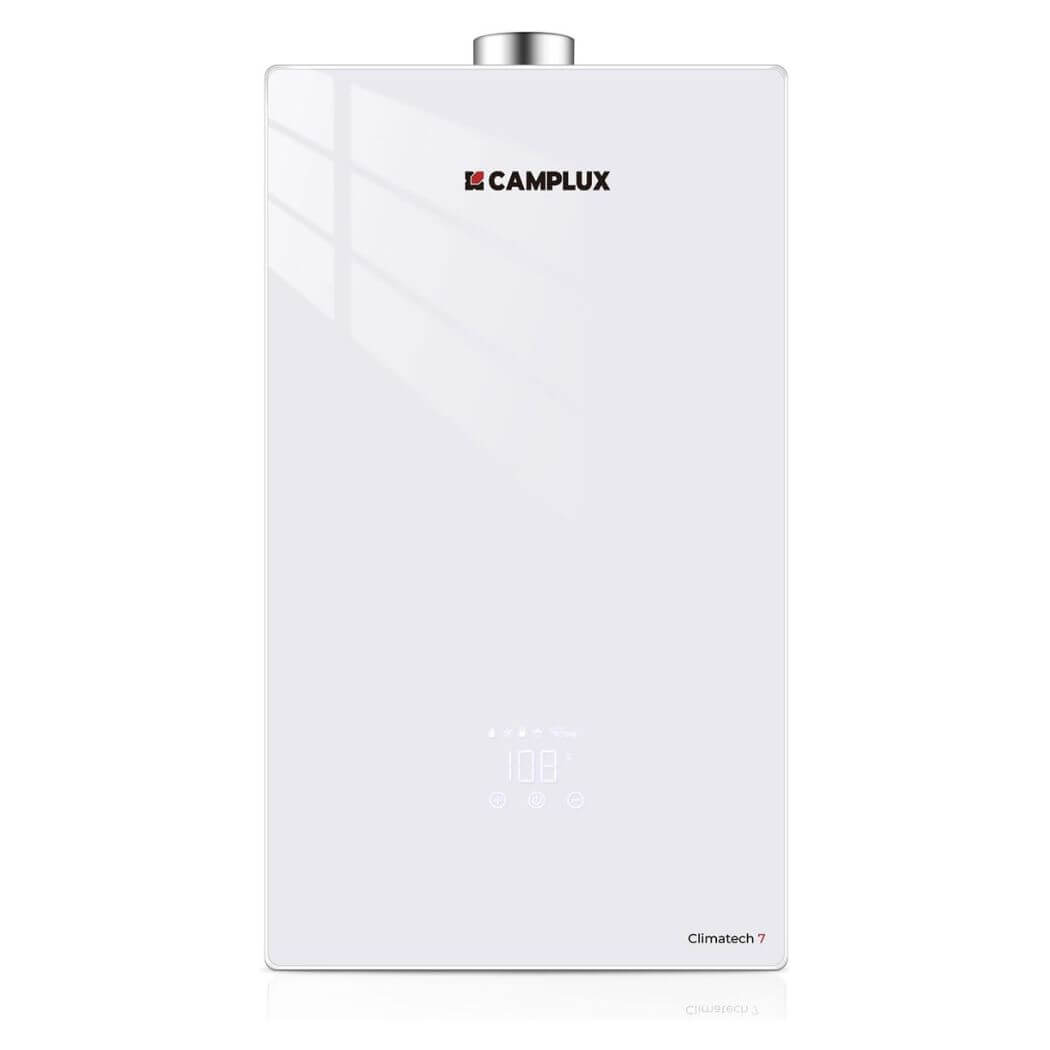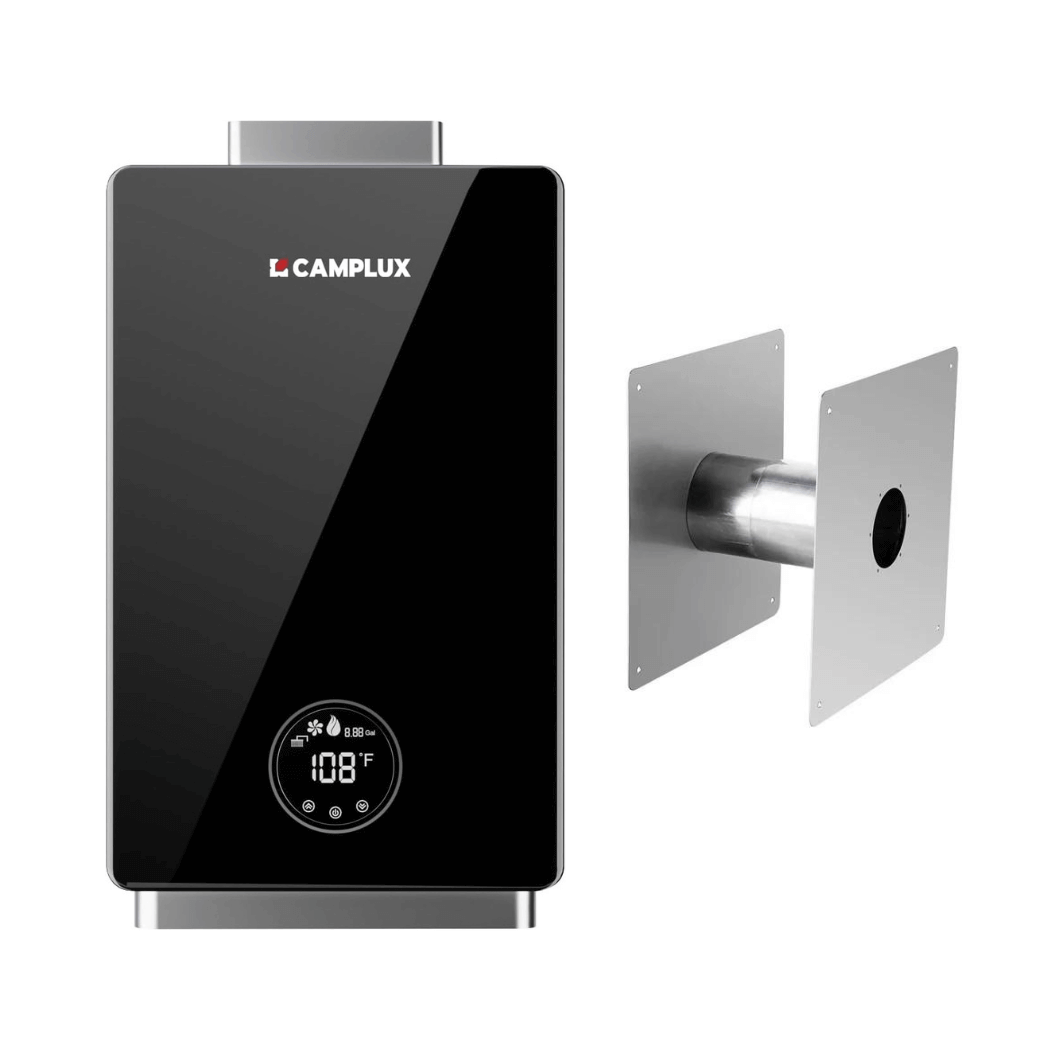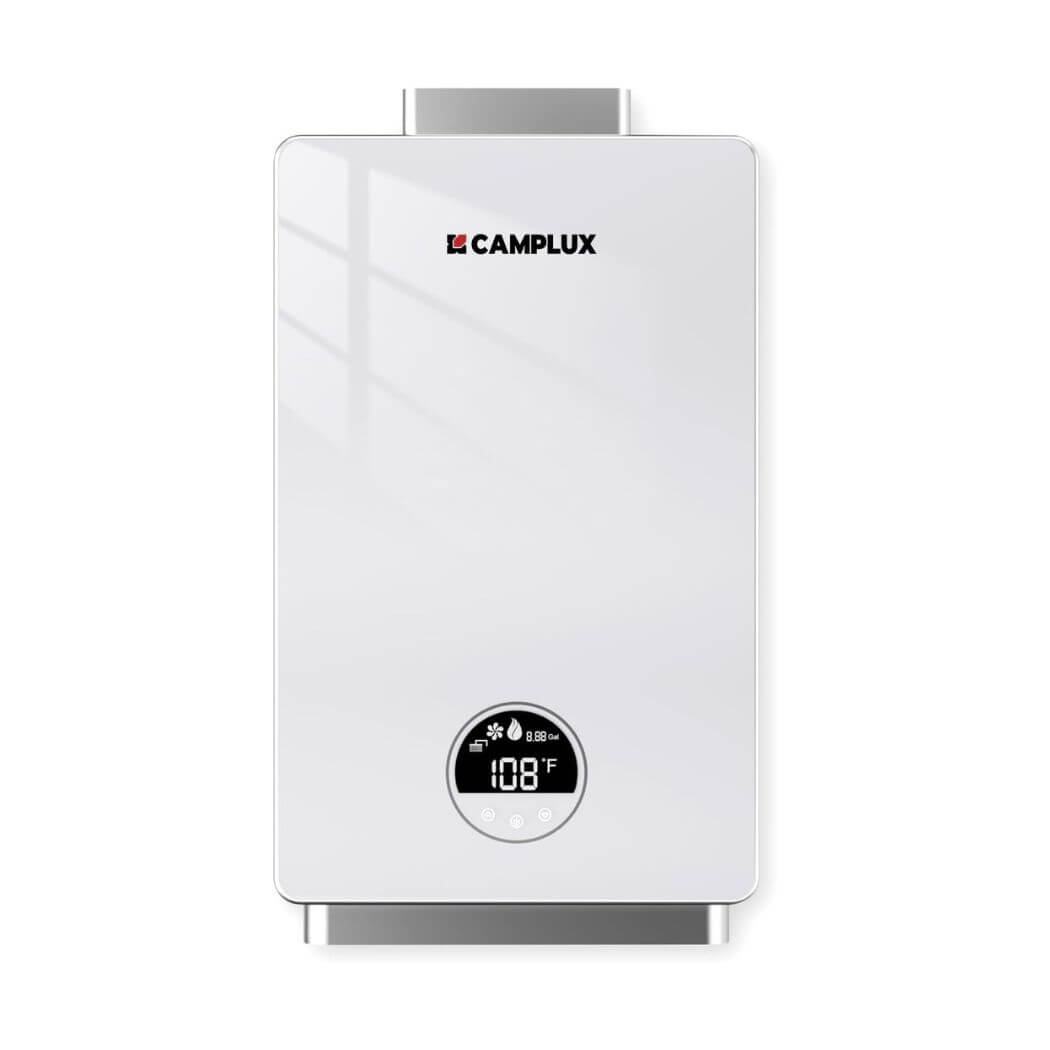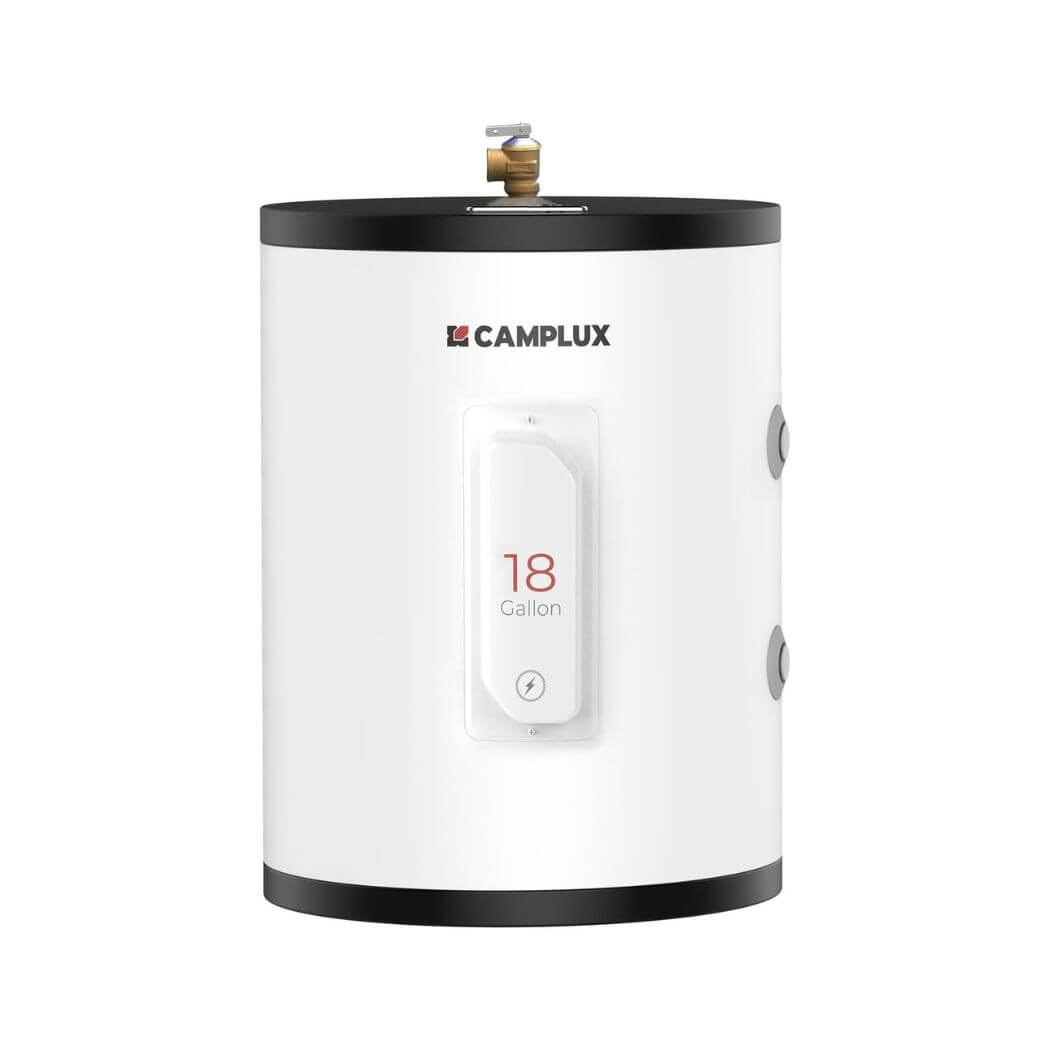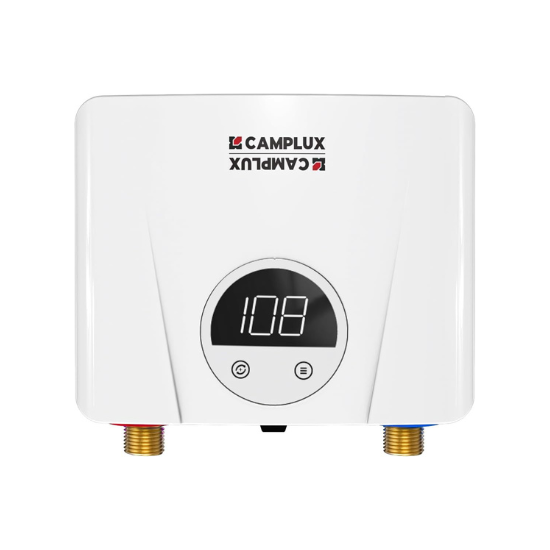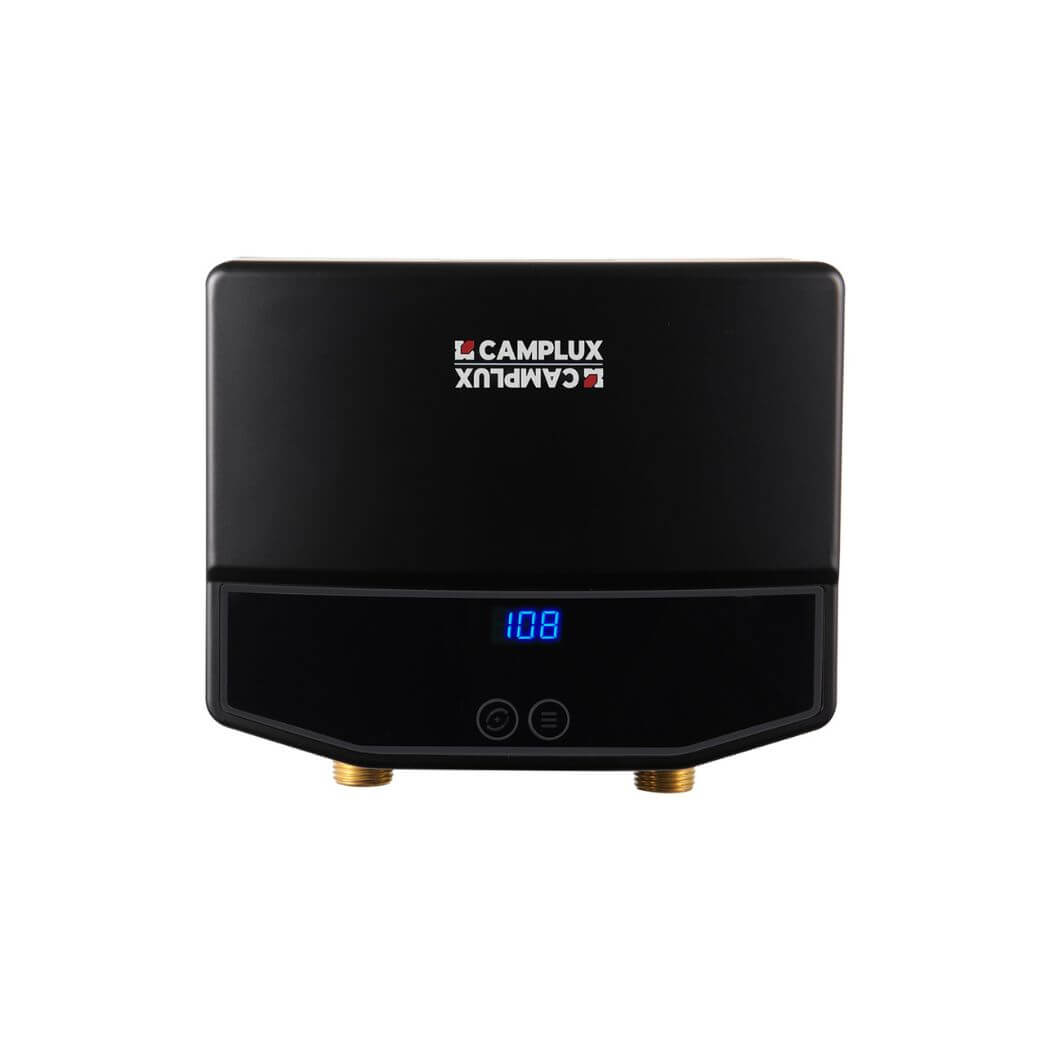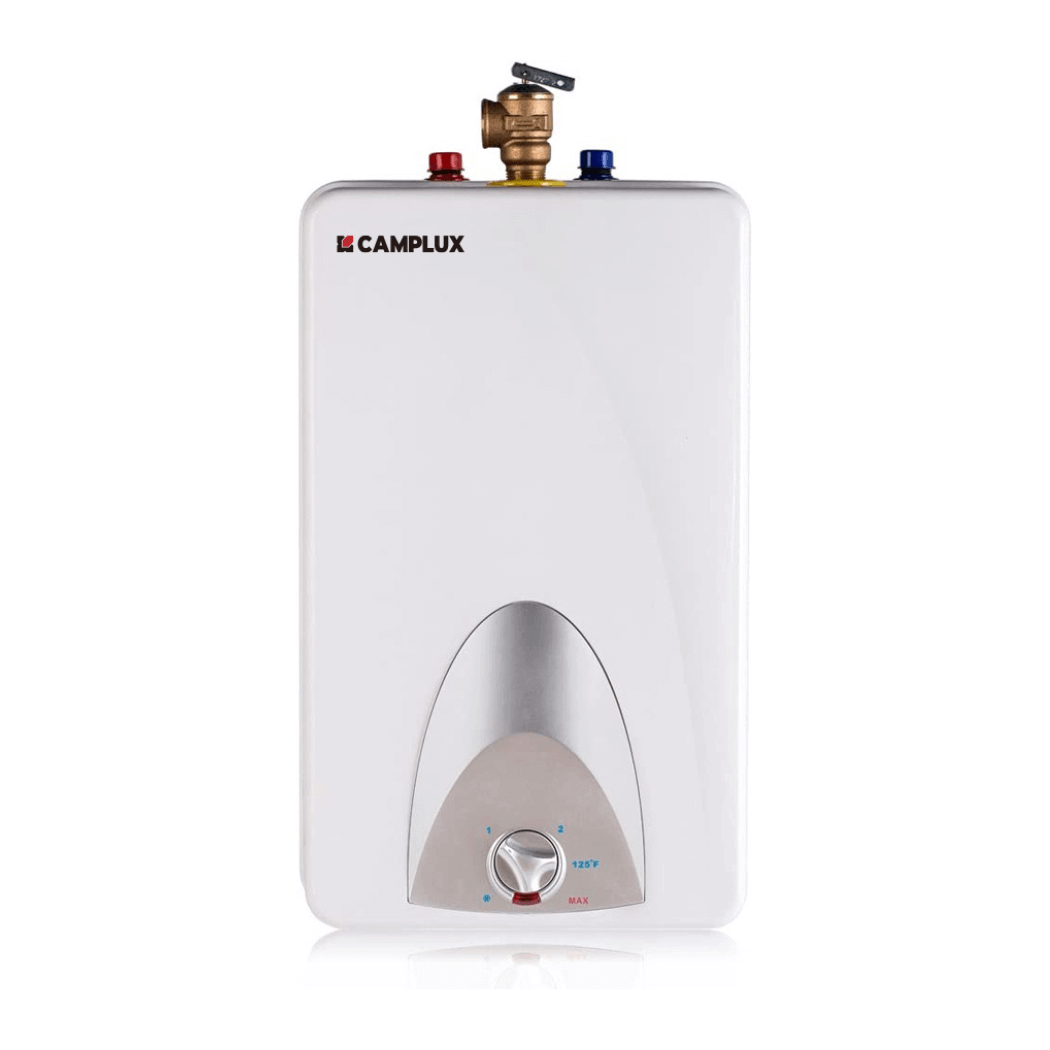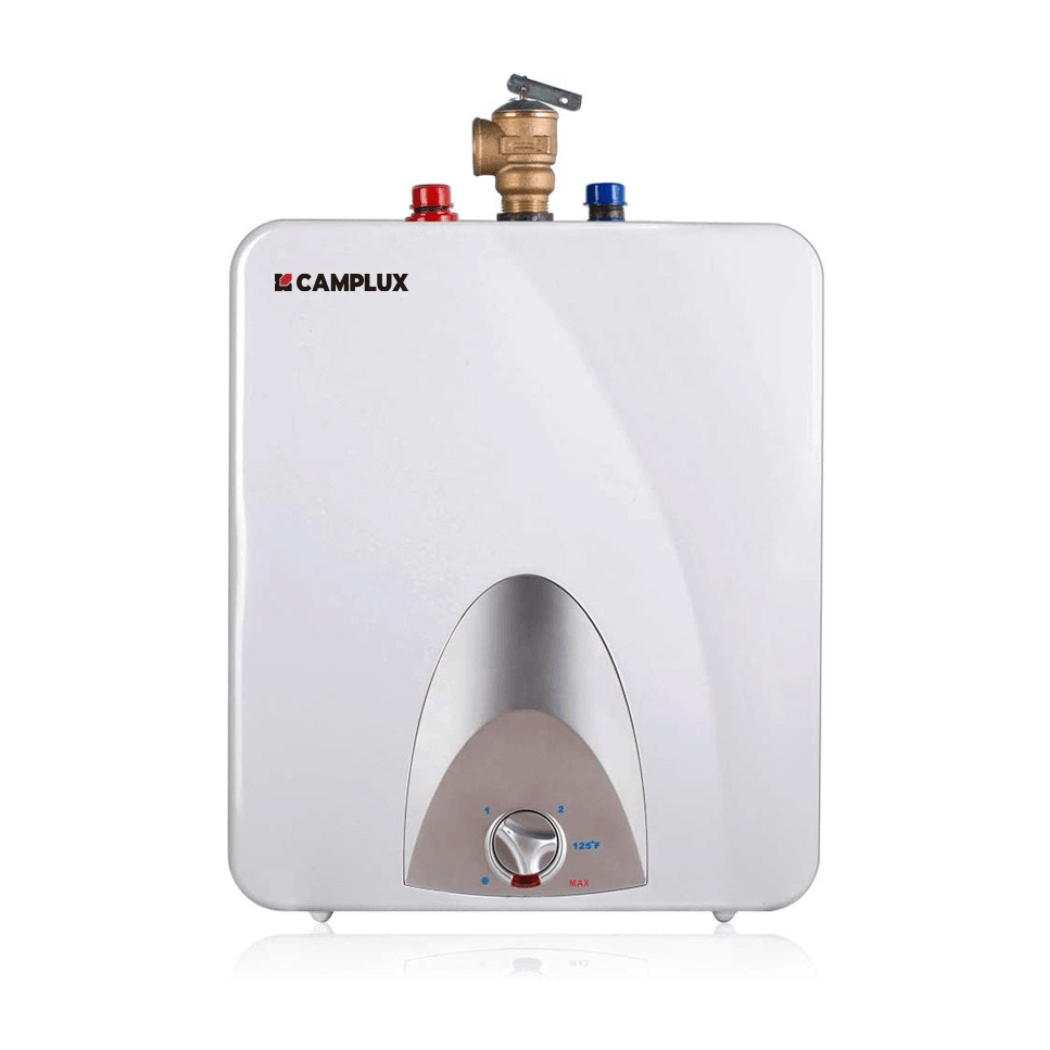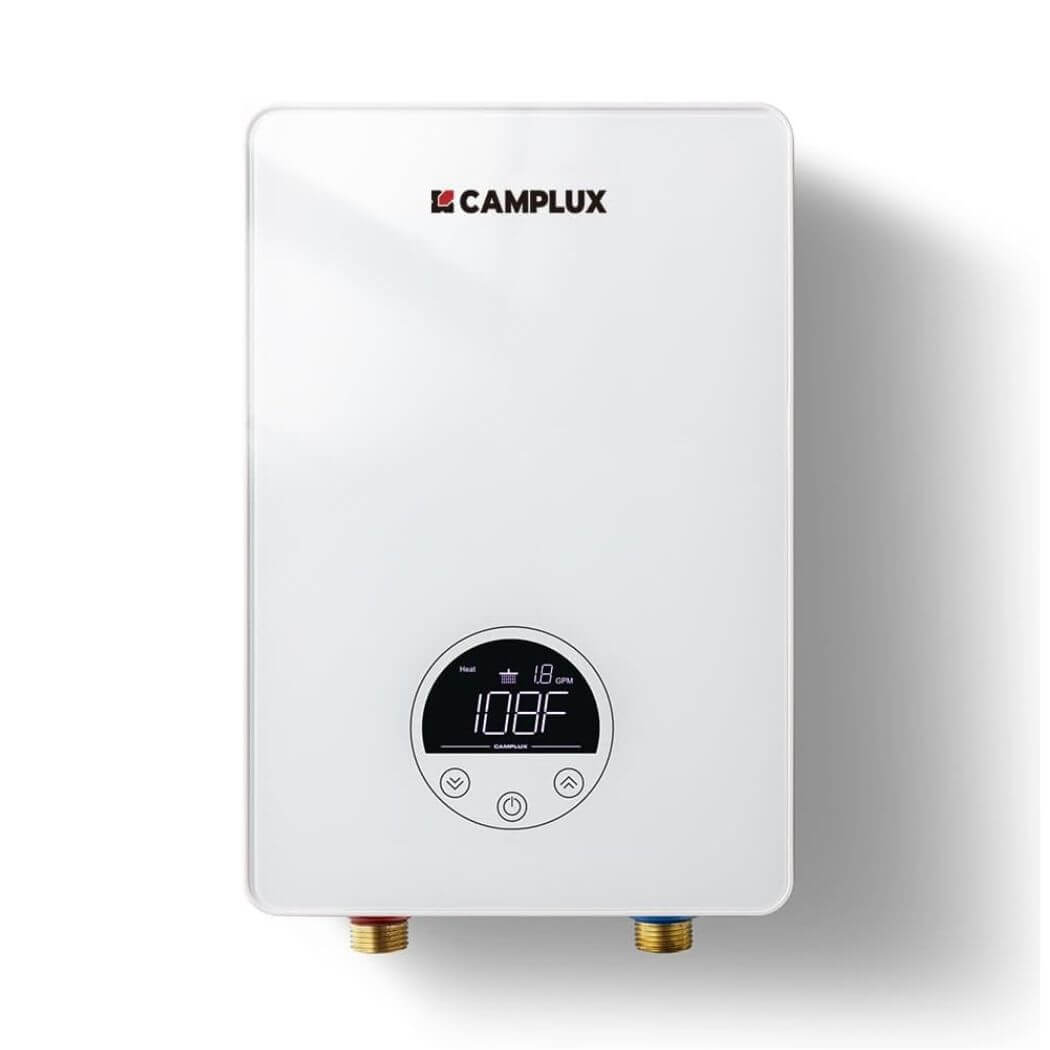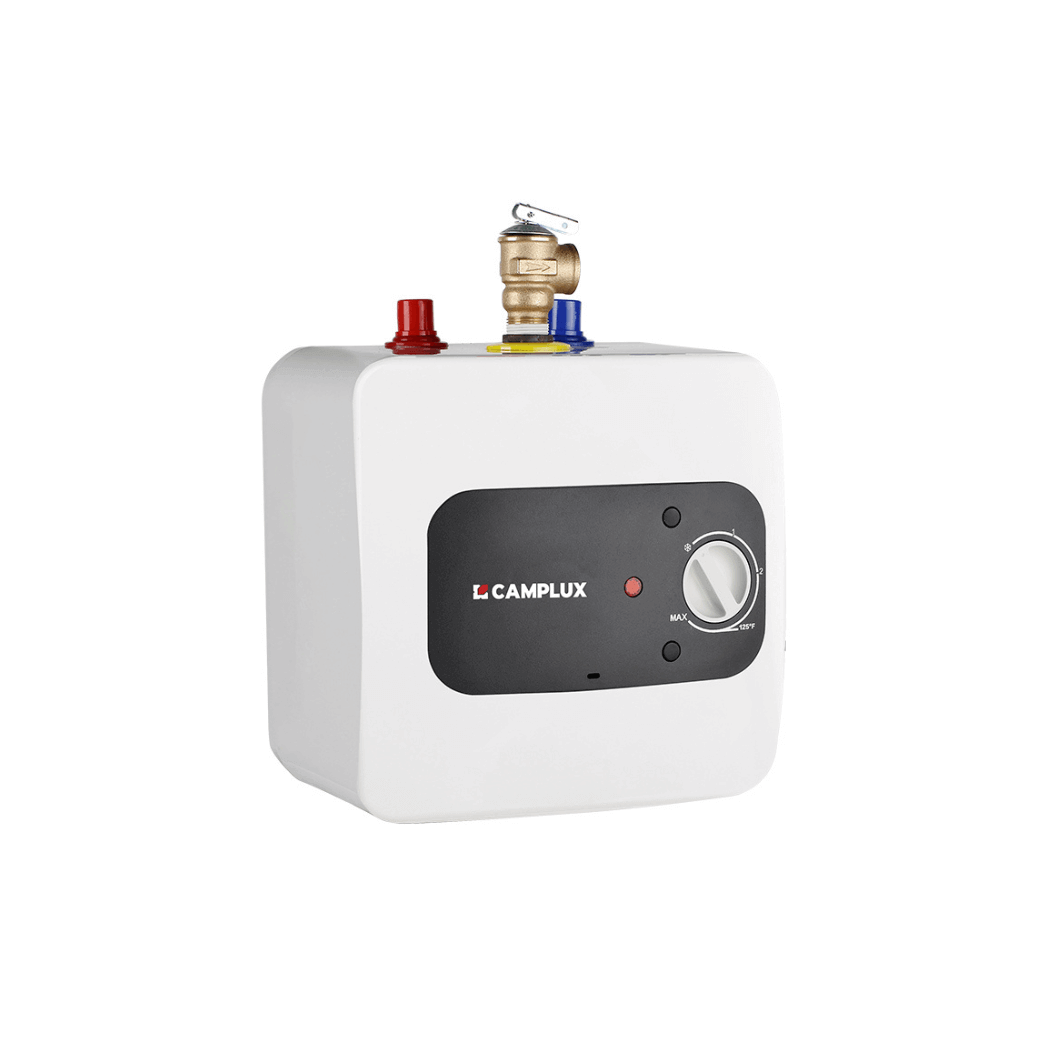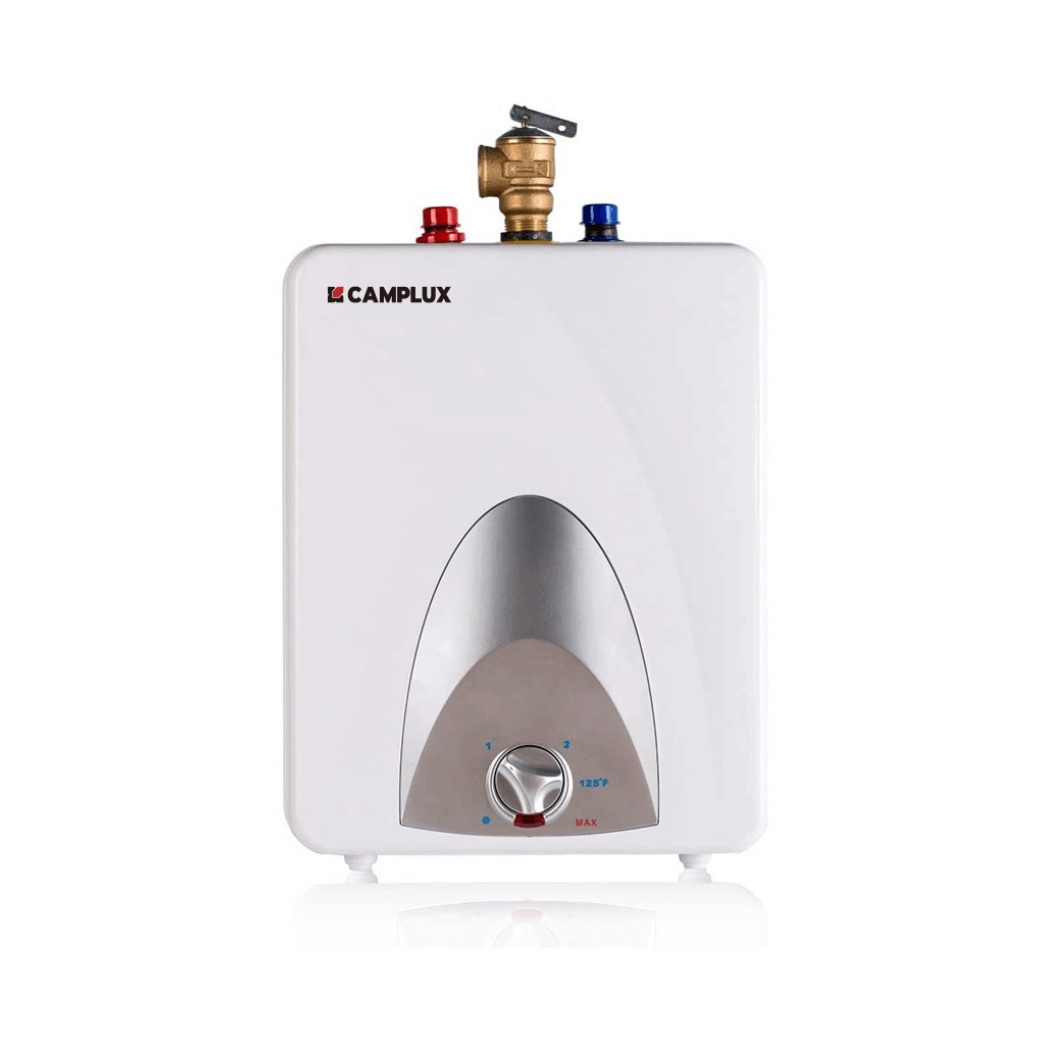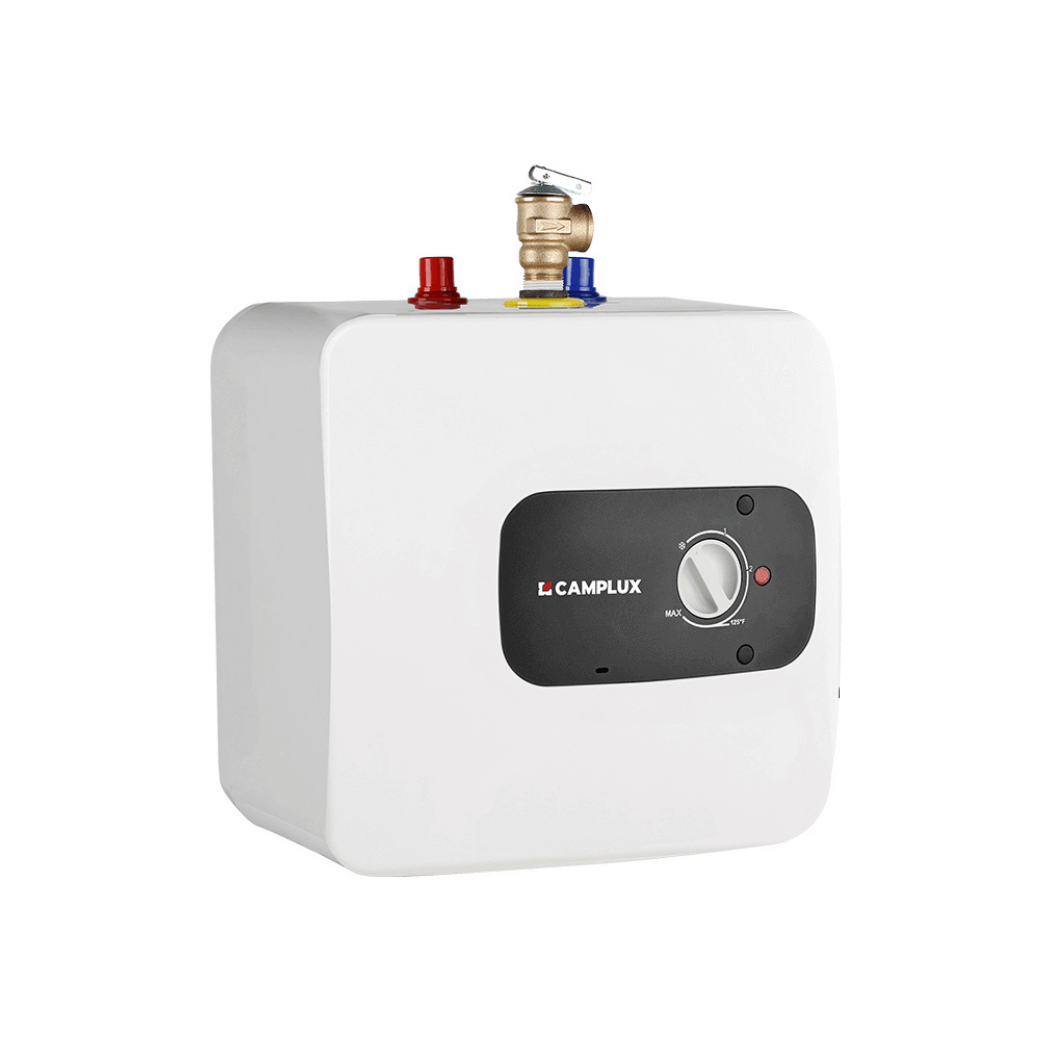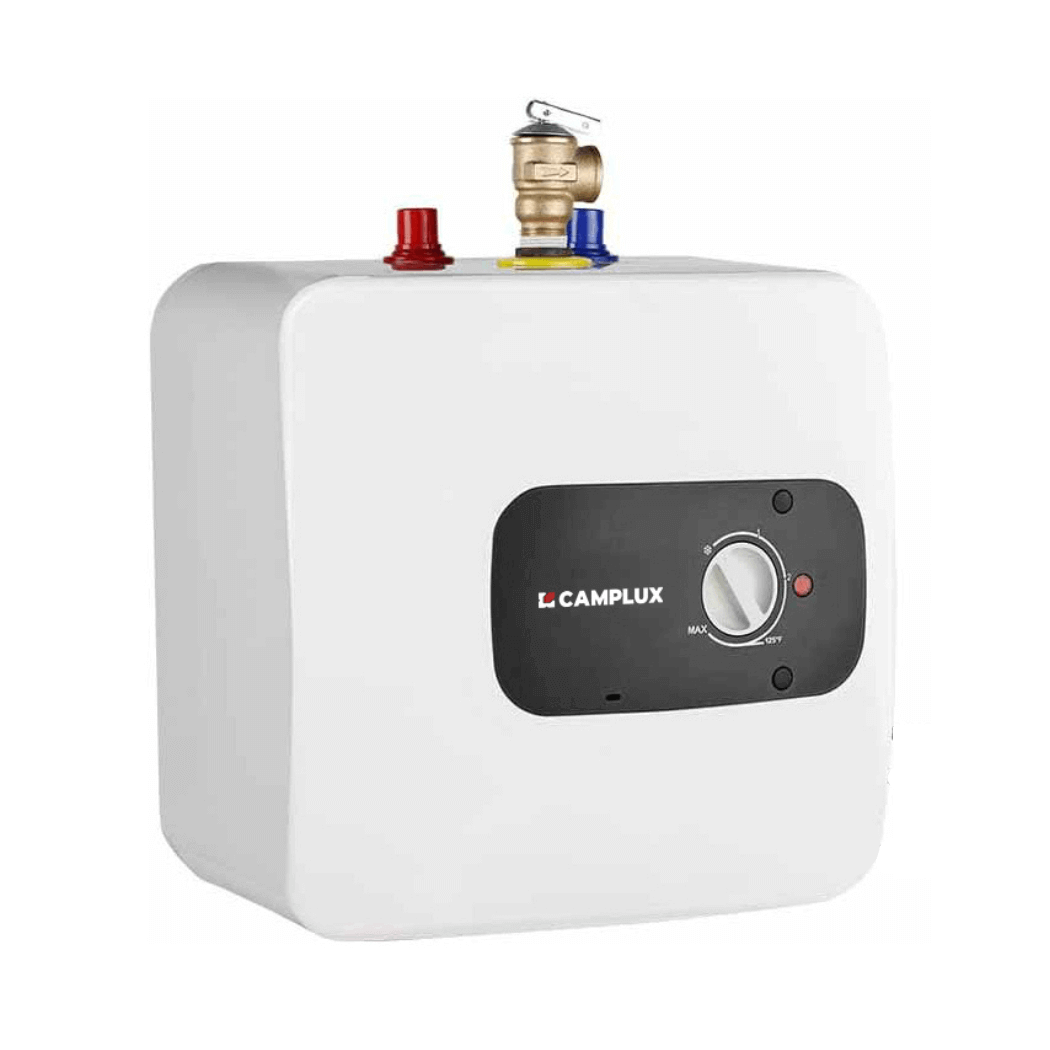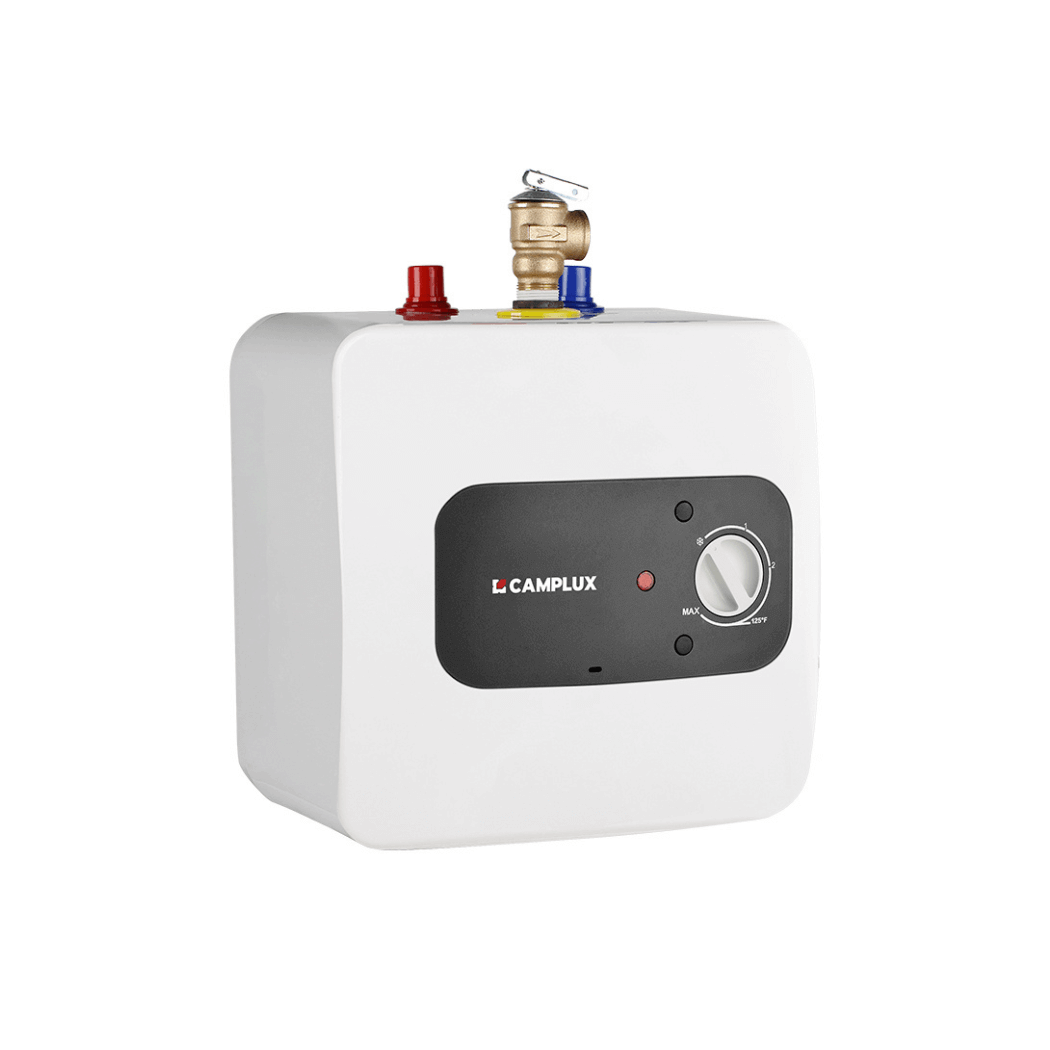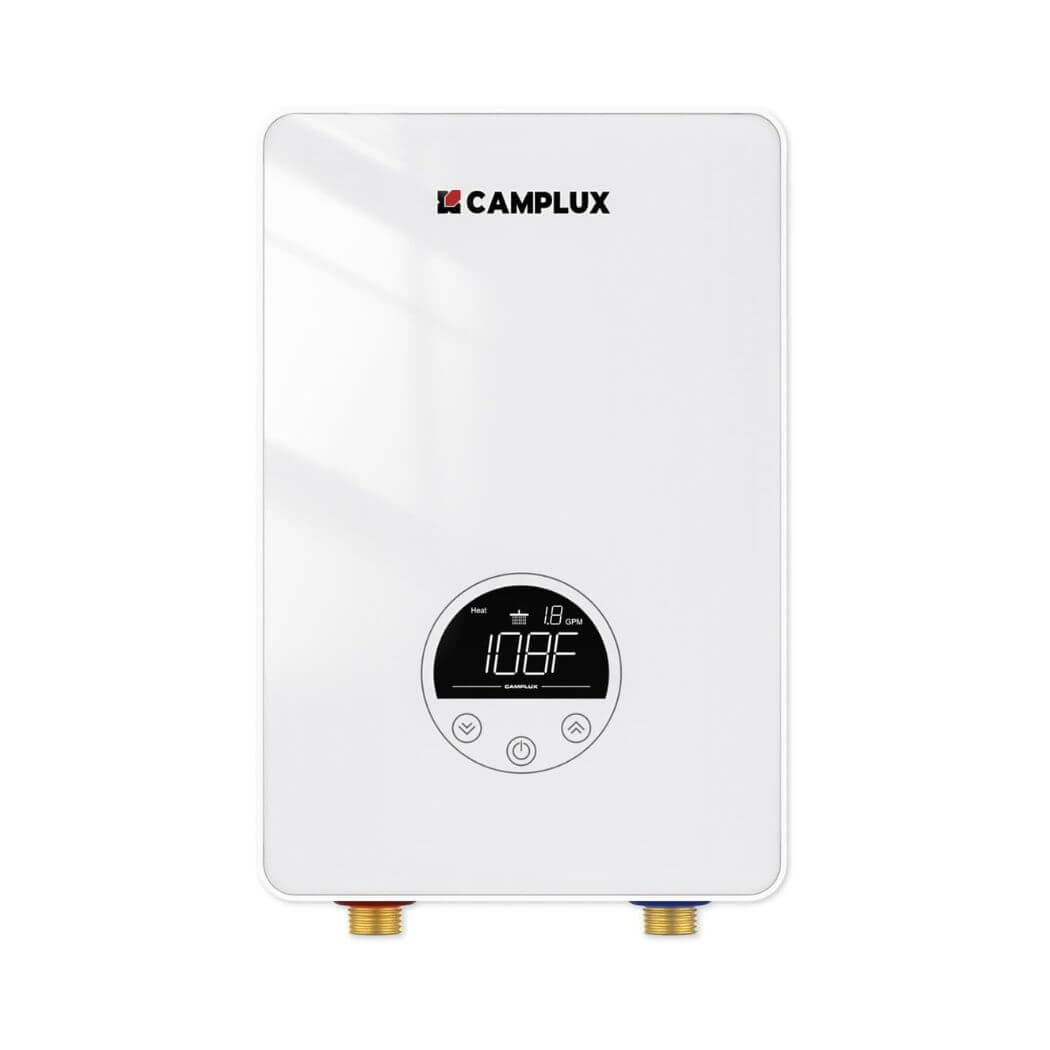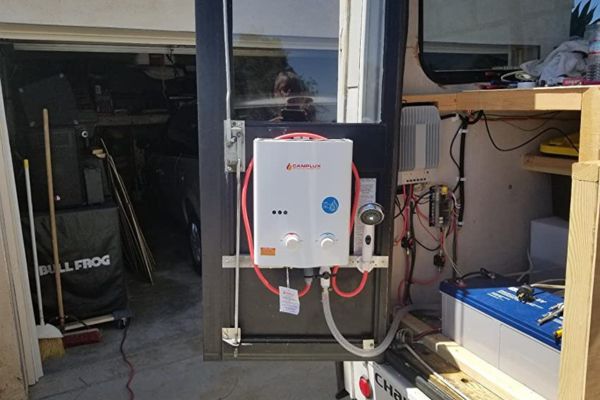RV tankless water heaters have become a popular choice for mobile lifestyles due to their convenience and efficiency. Unlike traditional tank water heaters, these innovative devices heat water on demand, providing a continuous supply of hot water without the need for a storage tank. In this article, we will explore how RV tankless water heaters work, the benefits they offer, factors to consider when choosing one, top brands in the market, and installation and maintenance tips.
Key Takeaways
- RV tankless water heaters heat water on demand, providing a continuous supply of hot water without the need for a storage tank.
- They offer benefits such as energy efficiency, space-saving design, and the ability to adjust water temperature.
- When choosing an RV tankless water heater, consider factors such as size and capacity, fuel type, installation requirements, and energy efficiency.
- Top brands in the market include Brand A, Brand B, and Brand C.
- Proper installation and regular maintenance are essential for optimal performance and longevity of RV tankless water heaters.
Exploring the Operation and Mechanism of RV Tankless Water Heaters
How RV Tankless Water Heaters Operate?
RV tankless water heaters work by heating water on demand, providing a continuous supply of hot water whenever it is needed. Unlike traditional tank water heaters, which store and heat a large amount of water in a tank, tankless water heaters heat the water as it flows through the unit. This allows for more energy efficiency and eliminates the need for a storage tank, saving valuable space in an RV.
One important feature of RV tankless water heaters is their ability to adjust the water temperature. Most units have temperature controls that allow users to set the desired hot water temperature. This ensures that the water is heated to the desired level, providing comfort and convenience for RV owners.
To better understand the benefits of RV tankless water heaters, let's take a look at a comparison table of tankless water heaters versus traditional tank water heaters:
| Feature | Tankless Water Heaters | Tank Water Heaters |
|---|---|---|
| Energy Efficiency | High | Low |
| Space Requirement | Compact | Large |
| Continuous Hot Water | Yes | No |
| Longevity | Longer lifespan | Shorter lifespan |
As you can see, RV tankless water heaters offer several advantages over traditional tank water heaters. They are more energy efficient, take up less space, provide continuous hot water, and have a longer lifespan. These benefits make them a great choice for RV owners looking to upgrade their water heating system.
When choosing an RV tankless water heater, it is important to consider factors such as size and capacity, fuel type, installation requirements, and energy efficiency. We will explore these factors in more detail in the next section.
Benefits of RV Tankless Water Heaters
RV tankless water heaters offer several benefits for mobile lifestyles. One of the key advantages is their energy efficiency. Unlike traditional tank water heaters, RV tankless water heaters only heat water when it is needed, which helps to conserve energy and reduce fuel consumption.
Another benefit of RV tankless water heaters is their compact size. These units are designed to be space-saving, making them ideal for RVs and other mobile homes where space is limited.
Additionally, RV tankless water heaters provide endless hot water. With a tankless system, you don't have to worry about running out of hot water during your shower or while doing dishes. The water is heated on demand, ensuring a continuous supply of hot water.
Lastly, RV tankless water heaters require less maintenance compared to traditional tank water heaters. They don't have a tank that needs to be drained or flushed regularly, reducing the maintenance tasks and costs associated with traditional water heaters.
Overall, RV tankless water heaters offer energy efficiency, space-saving design, endless hot water, and reduced maintenance requirements.
Factors to Consider When Choosing an RV Tankless Water Heater
Size and Capacity
When choosing an RV tankless water heater, one of the most important factors to consider is the size and capacity. The size of the water heater will determine how much hot water it can provide at a given time. It's crucial to choose a size that can meet the hot water demands of your RV lifestyle.

To determine the appropriate size and capacity, consider the number of people in your RV and their hot water needs. A larger RV with more occupants will require a water heater with a higher capacity. On the other hand, a smaller RV with fewer occupants may be able to suffice with a smaller capacity.
Here is a table that provides a general guideline for selecting the size and capacity of an RV tankless water heater:
| RV Size | Number of Occupants | Recommended Capacity |
|---|---|---|
| Small | 1-2 | 1.5-2.5 GPM |
| Medium | 3-4 | 2.5-3.5 GPM |
| Large | 5 or more | 3.5-4.5 GPM |
Remember, these are just general recommendations and may vary depending on individual preferences and usage patterns.
It's important to choose a size and capacity that can provide enough hot water for your RV lifestyle, ensuring a comfortable and enjoyable experience on the road.
Fuel Type
When choosing an RV tankless water heater, one important factor to consider is the fuel type. RV tankless water heaters can be powered by either propane or electricity. Propane is a popular choice for RV owners because it is readily available and provides a reliable source of fuel. It is also more energy-efficient than electricity, making it a cost-effective option. On the other hand, electricity is a convenient option for RV owners who have access to electrical hookups at campsites. It eliminates the need to carry and refill propane tanks. However, it may not be as efficient as propane in terms of heating capacity and may require a higher electrical load.
When choosing the fuel type for your RV tankless water heater, consider your specific needs and preferences. Both propane and electricity have their advantages and disadvantages, so it's important to weigh them carefully before making a decision.
Installation Requirements
When choosing an RV tankless water heater, it is important to consider the installation requirements. Proper installation is crucial to ensure the efficient and safe operation of the unit. Here are some key factors to keep in mind:
- Ventilation: RV tankless water heaters require proper ventilation to remove exhaust gases. Make sure to follow the manufacturer's guidelines for venting.
- Electrical Connection: Check the electrical requirements of the unit and ensure that your RV's electrical system can support it.
- Water Supply: Consider the water supply requirements of the tankless water heater. It may require a specific water pressure or flow rate.
It is recommended to consult a professional for the installation of an RV tankless water heater to ensure it is done correctly and safely.
Tip: Proper installation is essential for the optimal performance and longevity of your RV tankless water heater.
Energy Efficiency
When choosing an RV tankless water heater, energy efficiency is a crucial factor to consider. Energy efficiency refers to the ability of the heater to convert fuel or electricity into hot water with minimal waste. Opting for an energy-efficient RV tankless water heater can help you save on energy costs and reduce your carbon footprint.

Here are some key points to consider regarding energy efficiency:
- Look for a heater with a high Energy Factor (EF) rating. The higher the EF rating, the more efficient the heater is in converting energy into hot water.
- Consider the fuel type of the heater. Propane-powered tankless water heaters tend to be more energy-efficient compared to electric ones.
- Insulate your RV's water pipes to minimize heat loss and improve overall energy efficiency.
Tip: Regularly maintaining and cleaning your RV tankless water heater can also contribute to its energy efficiency and prolong its lifespan.
Installation and Maintenance Tips for RV Tankless Water Heaters
Proper Installation Guidelines
When installing an RV tankless water heater, it is important to follow these guidelines:
-
Location: Choose a suitable location for the water heater that allows for proper ventilation and access for maintenance.
-
Clearance: Ensure that there is enough clearance around the water heater to prevent any obstructions or safety hazards.
-
Water Connections: Connect the water supply and hot water outlet properly, ensuring that there are no leaks.
-
Gas Connections: If the RV tankless water heater is gas-powered, make sure to connect the gas supply correctly and check for any gas leaks.
-
Electrical Connections: For electric RV tankless water heaters, follow the manufacturer's instructions for proper electrical connections.
-
Safety Measures: Install carbon monoxide detectors and ensure proper ventilation to prevent any safety hazards.
Remember to consult the manufacturer's installation manual for specific instructions and guidelines for your RV tankless water heater.
Regular Maintenance and Cleaning
Regular maintenance and cleaning are essential for ensuring the optimal performance and longevity of your RV tankless water heater. Here are some important tips to keep in mind:
-
Flush the System: Periodically flush the system to remove any mineral deposits or debris that may accumulate over time. This will help maintain the efficiency of the heater and prevent clogs.
-
Check the Ventilation: Ensure that the ventilation system is free from obstructions and functioning properly. Proper ventilation is crucial for the safe operation of the water heater.
-
Inspect the Burner: Regularly inspect the burner for any signs of damage or corrosion. Clean or replace the burner if necessary to ensure efficient combustion.
Tip: It is recommended to refer to the manufacturer's instructions for specific maintenance requirements and intervals.
By following these maintenance tips, you can ensure that your RV tankless water heater continues to provide hot water reliably and efficiently.
Conclusion
In conclusion, choosing the right RV tankless water heater is crucial for a comfortable and convenient mobile lifestyle. With their compact size, energy efficiency, and endless hot water supply, tankless water heaters are the perfect choice for RV owners. Whether you prioritize space-saving, cost-saving, or environmental sustainability, there is a tankless water heater that suits your needs. Upgrade your RV today and enjoy the benefits of a tankless water heater on your next adventure!
Frequently Asked Questions
1. How do RV tankless water heaters work?
RV tankless water heaters use a heating element, such as a propane burner or an electric coil, to heat the water as it flows through the unit. Unlike traditional tank water heaters, which store and heat a large volume of water, tankless water heaters provide hot water on demand.
2. What are the benefits of RV tankless water heaters?
RV tankless water heaters offer several advantages. They provide a continuous supply of hot water, eliminating the need to wait for a tank to refill and reheat. They are also more energy-efficient, as they only heat water when it is needed. Additionally, they take up less space in the RV compared to traditional tank water heaters.
3. How do I choose the right size and capacity for an RV tankless water heater?
When selecting an RV tankless water heater, consider the number of people in your RV and their hot water usage. A larger RV or a family with multiple members may require a higher capacity unit. It's important to choose a unit that can meet your hot water needs without overtaxing your RV's electrical or propane systems.
4. What fuel types are available for RV tankless water heaters?
RV tankless water heaters can run on different fuel types, including propane, natural gas, and electricity. Propane is a popular choice for RVs as it is readily available and provides efficient heating. Natural gas is another option if your RV is equipped with a natural gas connection. Electric tankless water heaters are also available, but they may require a larger electrical supply.
5. What are the installation requirements for RV tankless water heaters?
The installation requirements for RV tankless water heaters may vary depending on the specific unit and manufacturer. Generally, they require a water supply connection, a fuel source (if applicable), and a venting system to safely exhaust combustion gases. It's important to follow the manufacturer's instructions and consult a professional if needed.
6. How do I maintain and clean an RV tankless water heater?
Regular maintenance and cleaning are essential to keep an RV tankless water heater functioning properly. Follow the manufacturer's instructions for maintenance tasks such as descaling and flushing the unit. It's also important to regularly inspect the unit for any signs of damage or wear and address any issues promptly.

